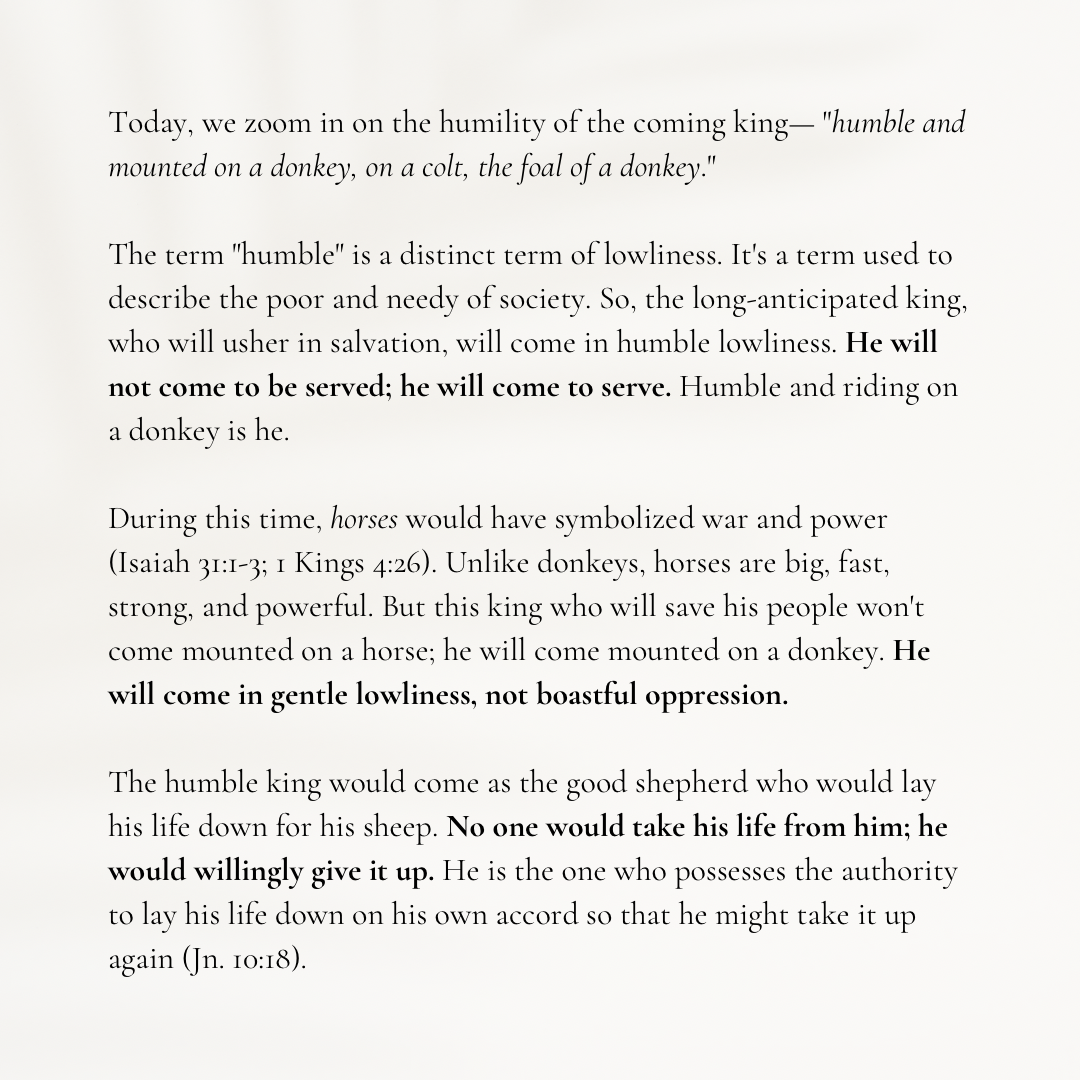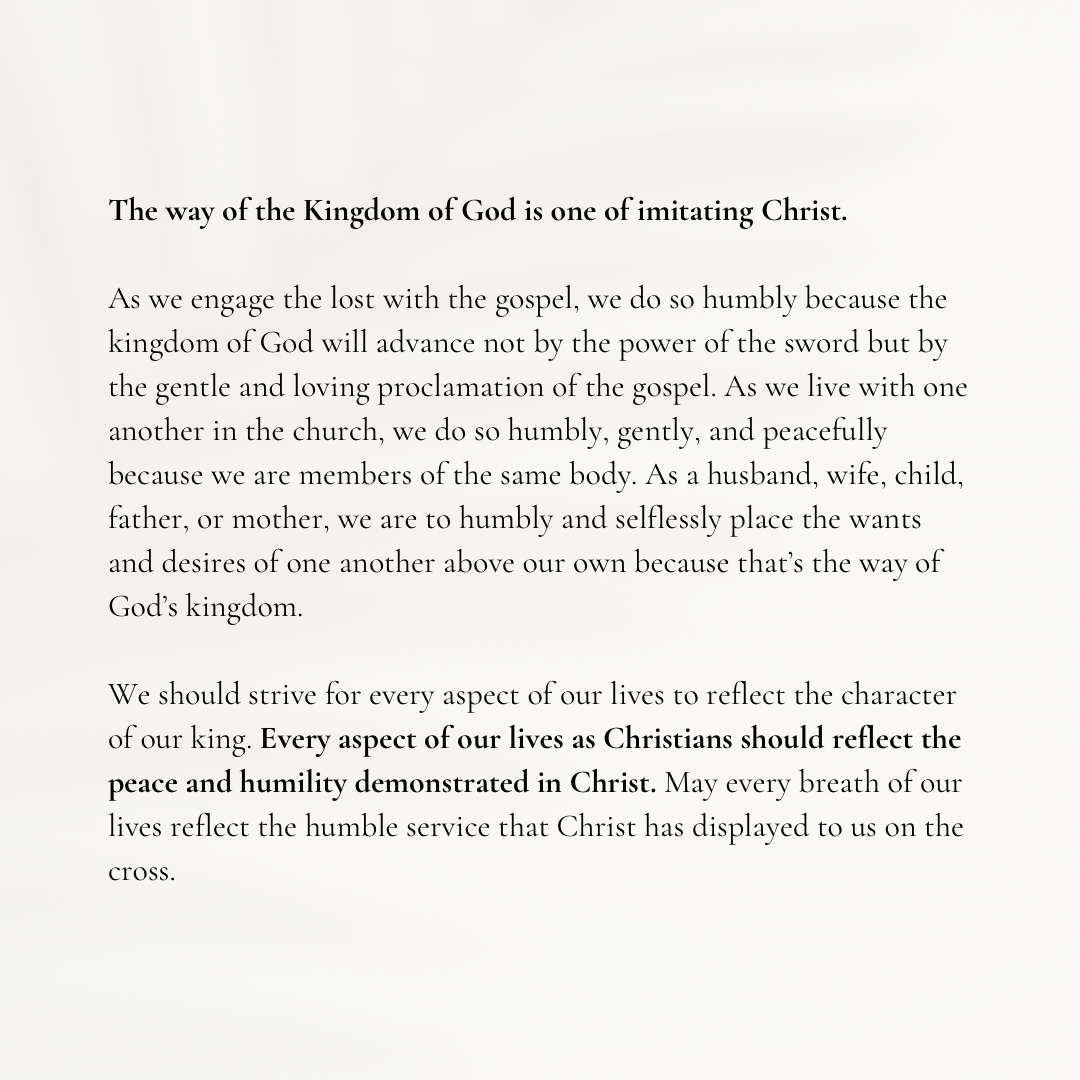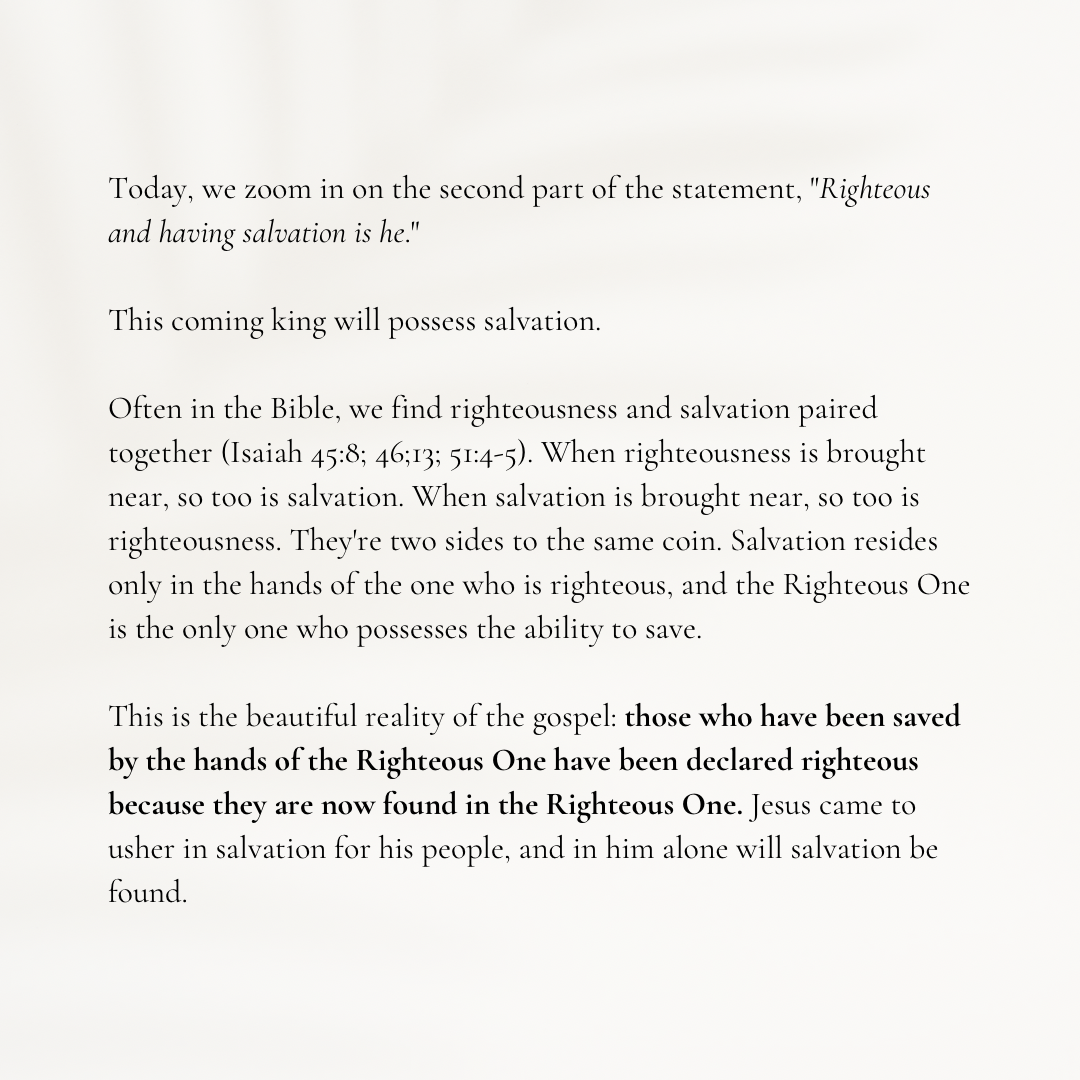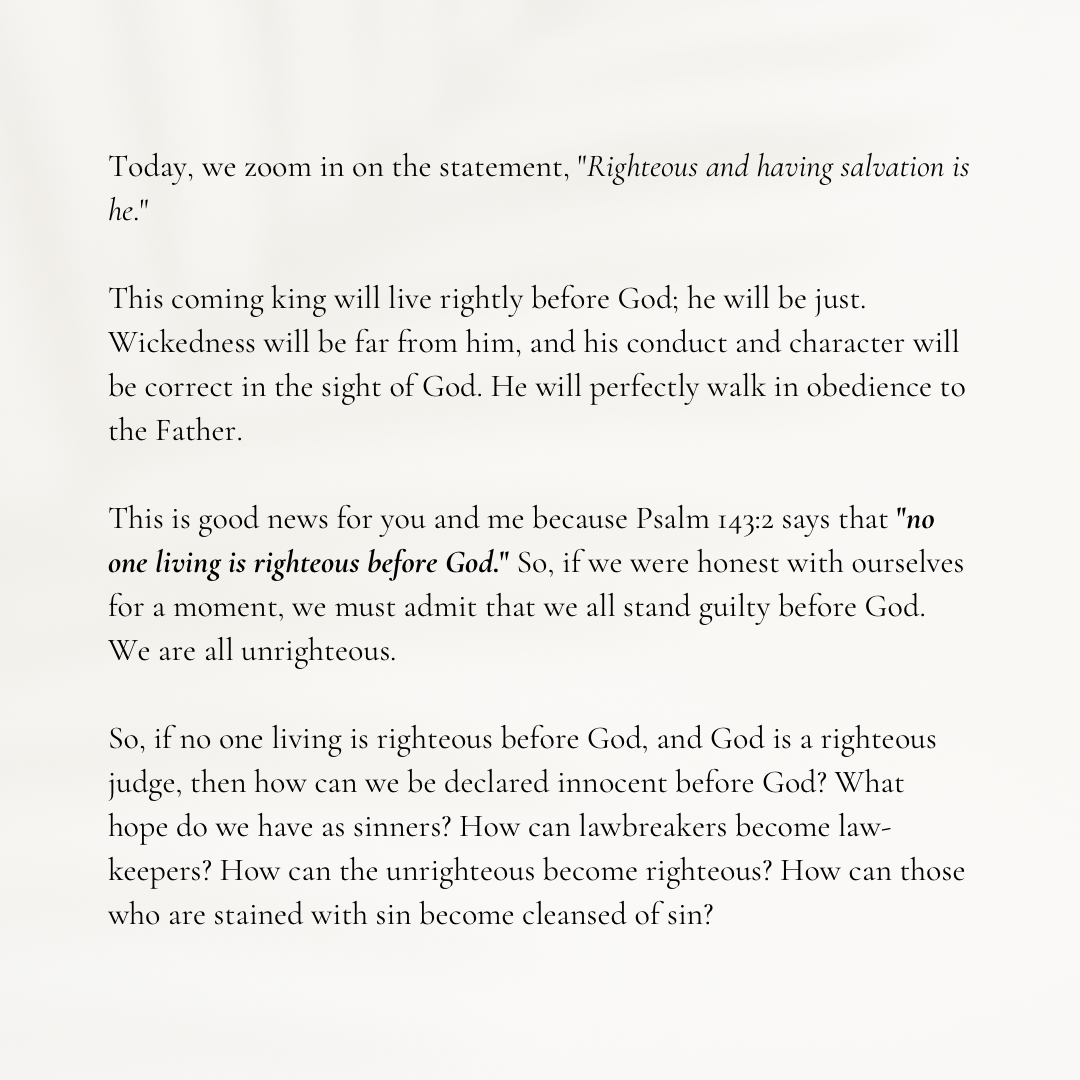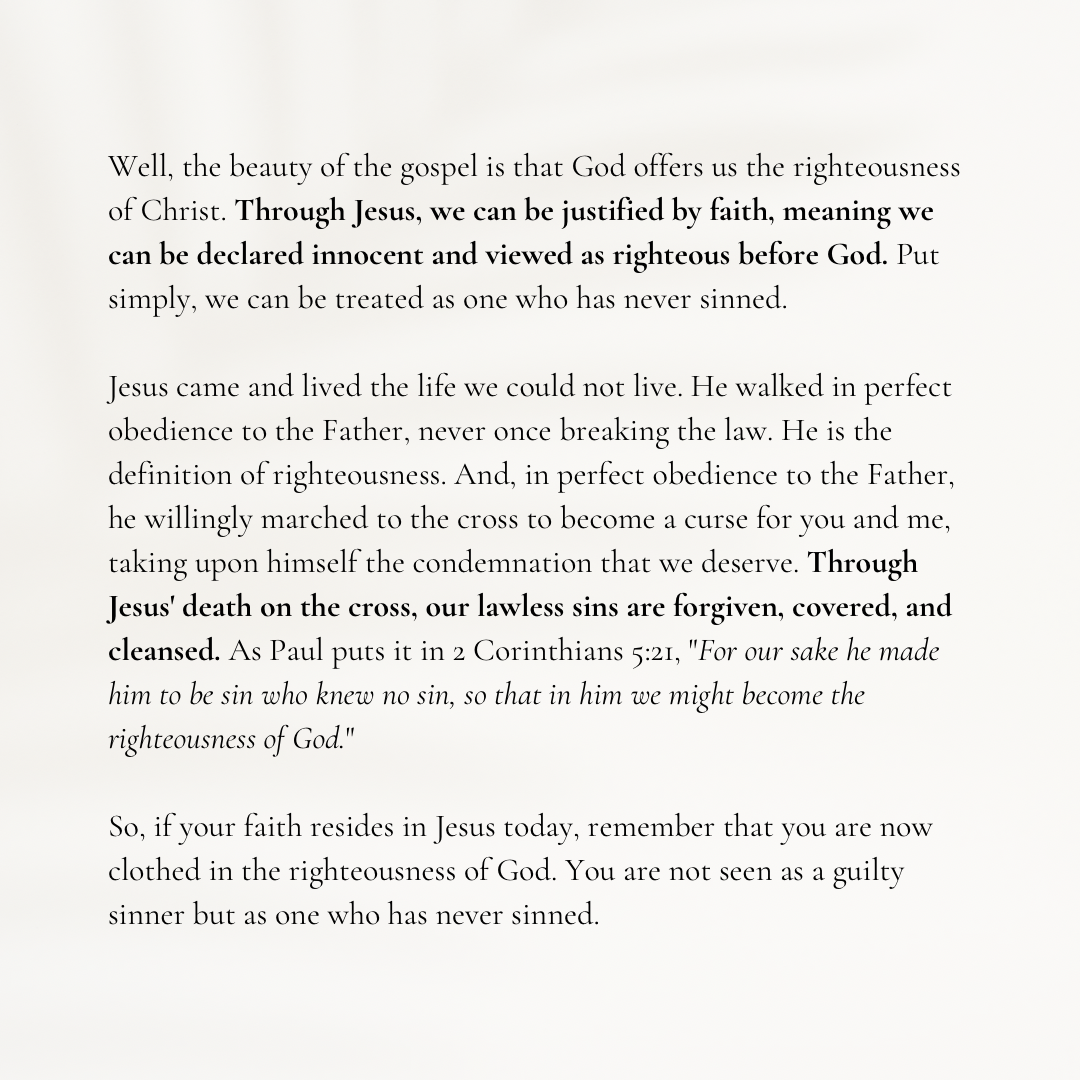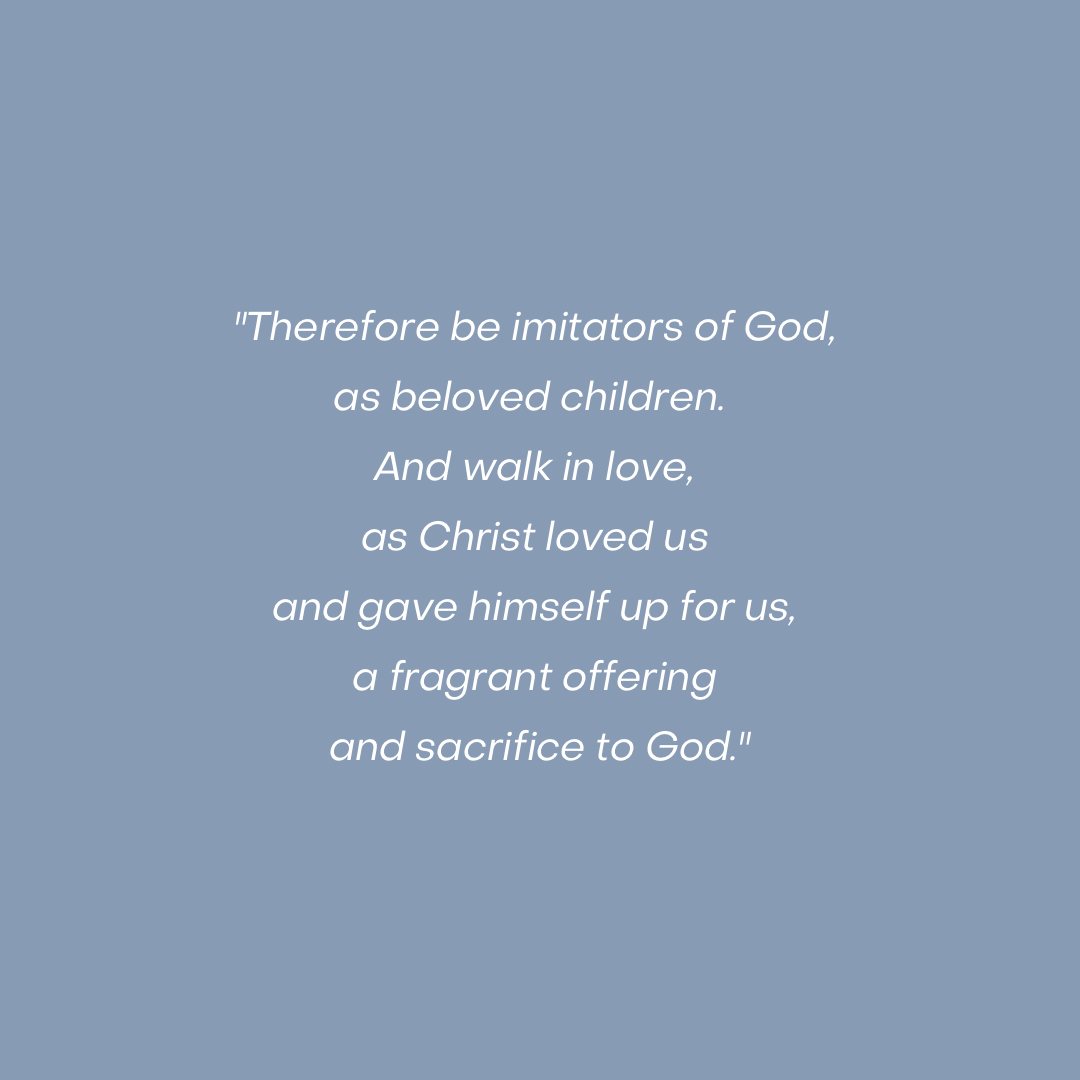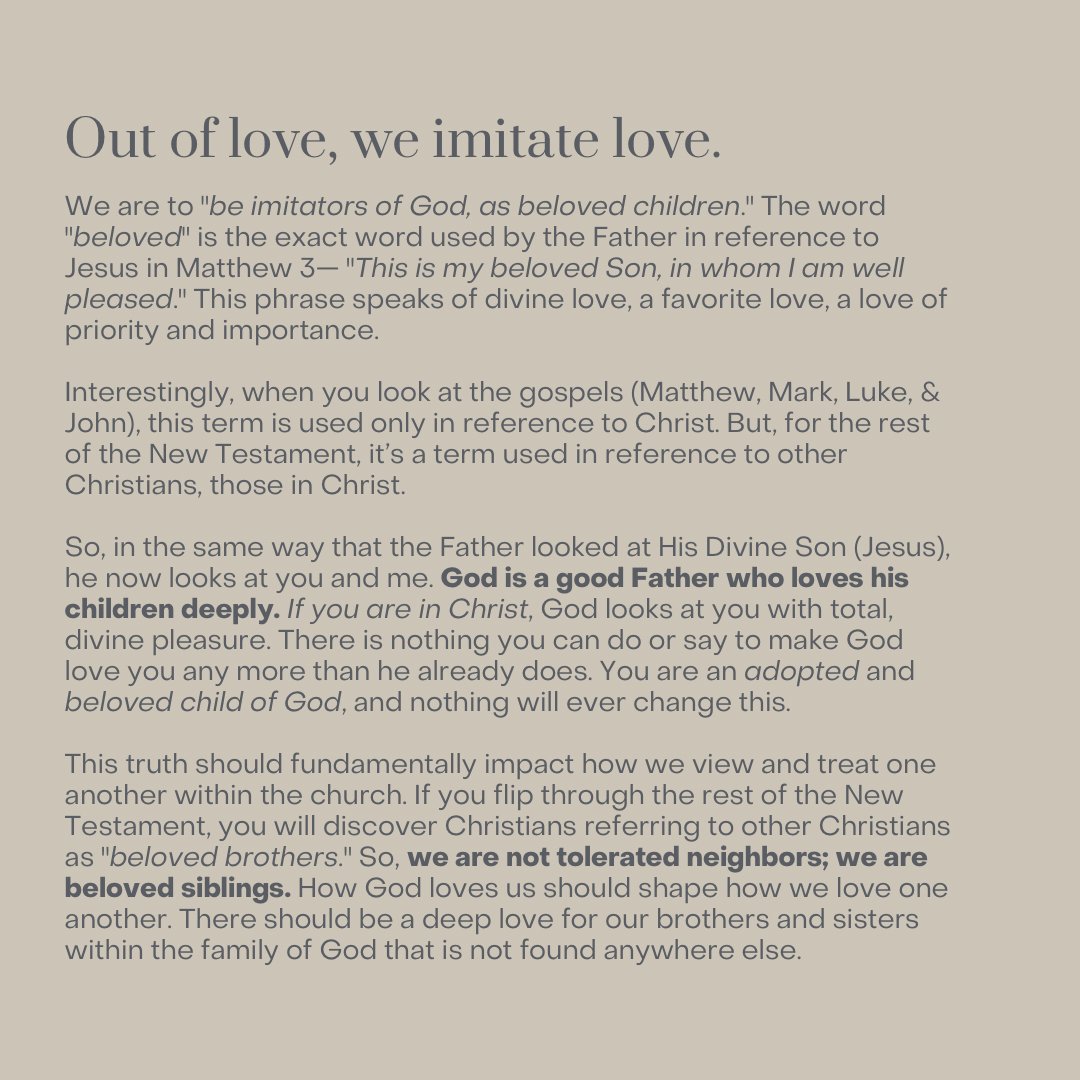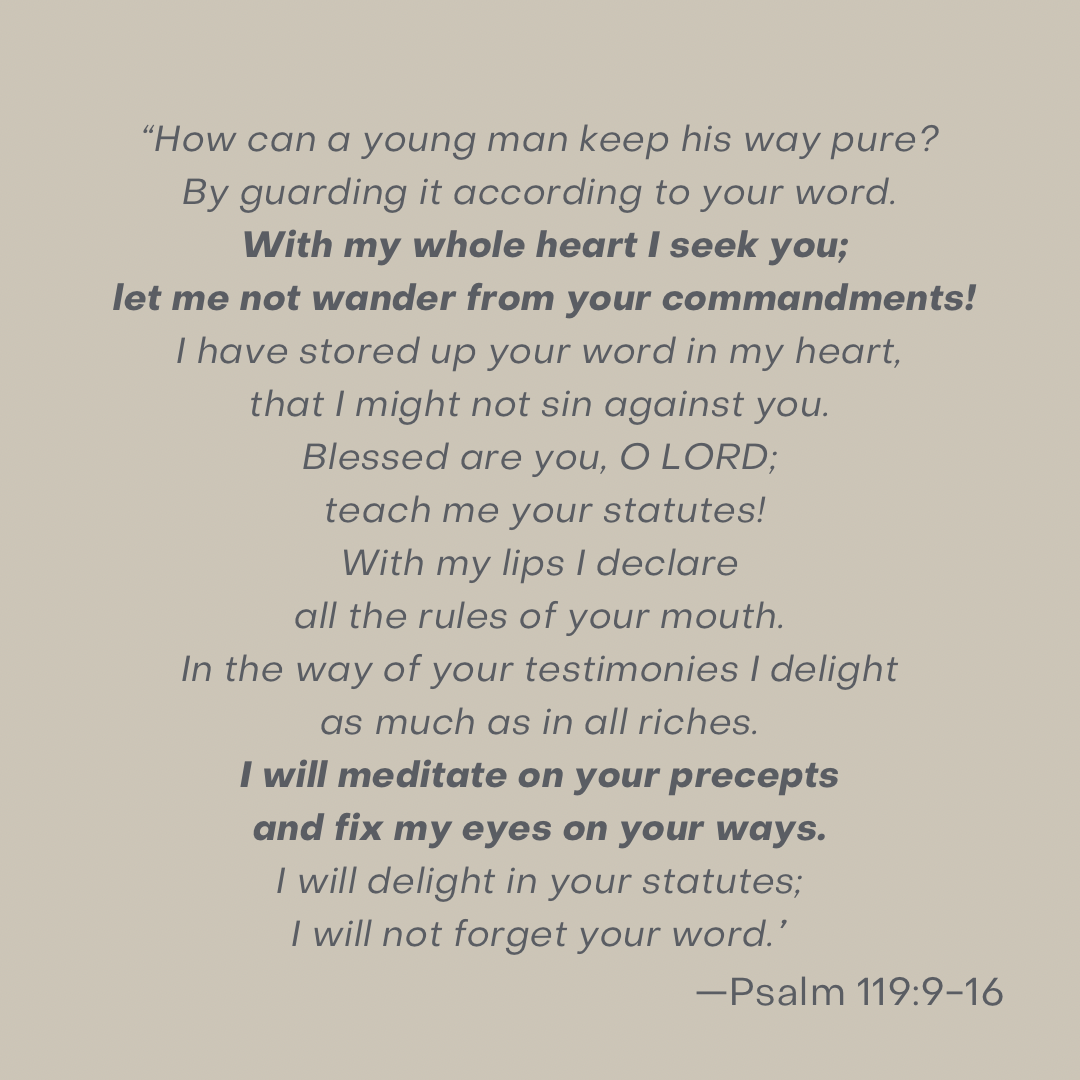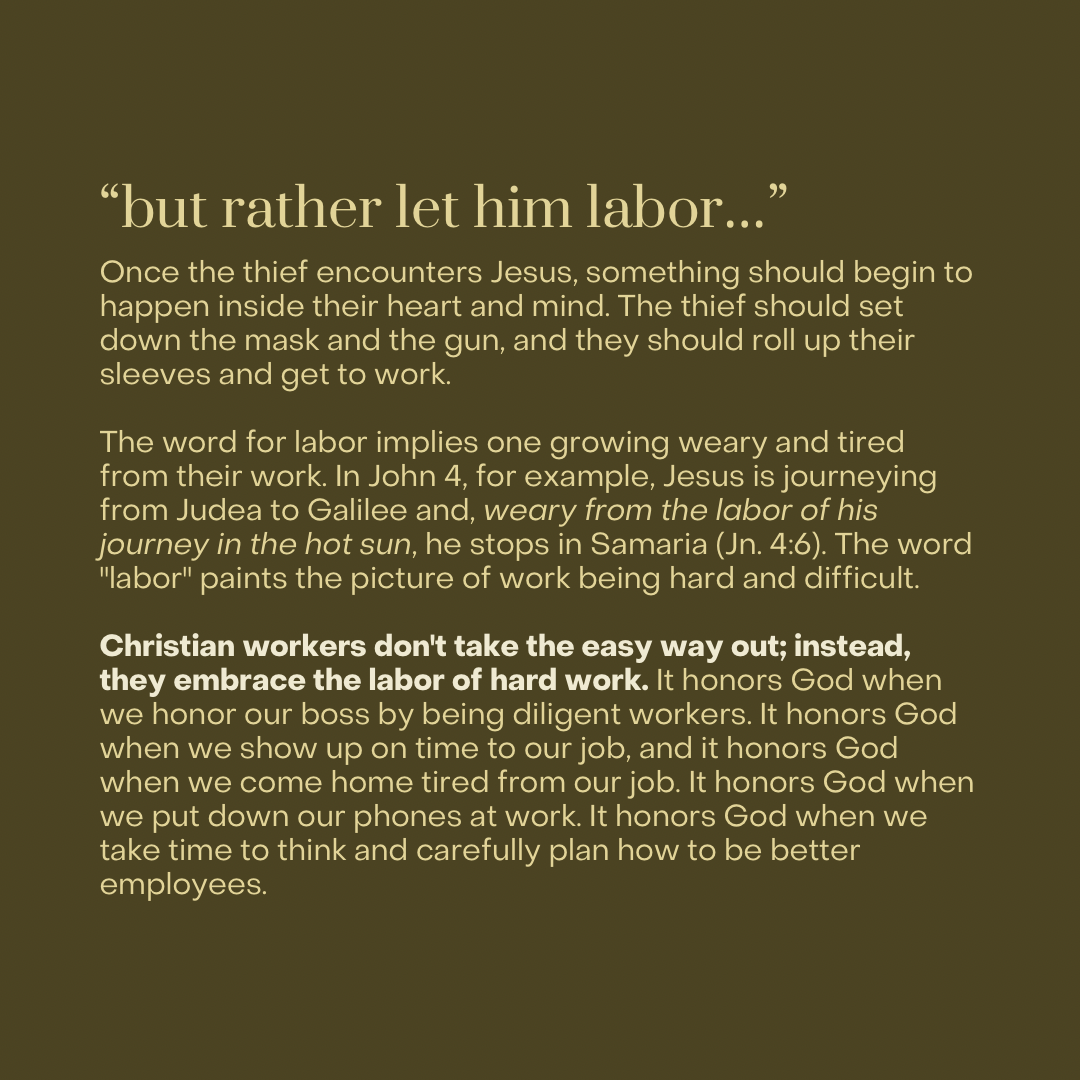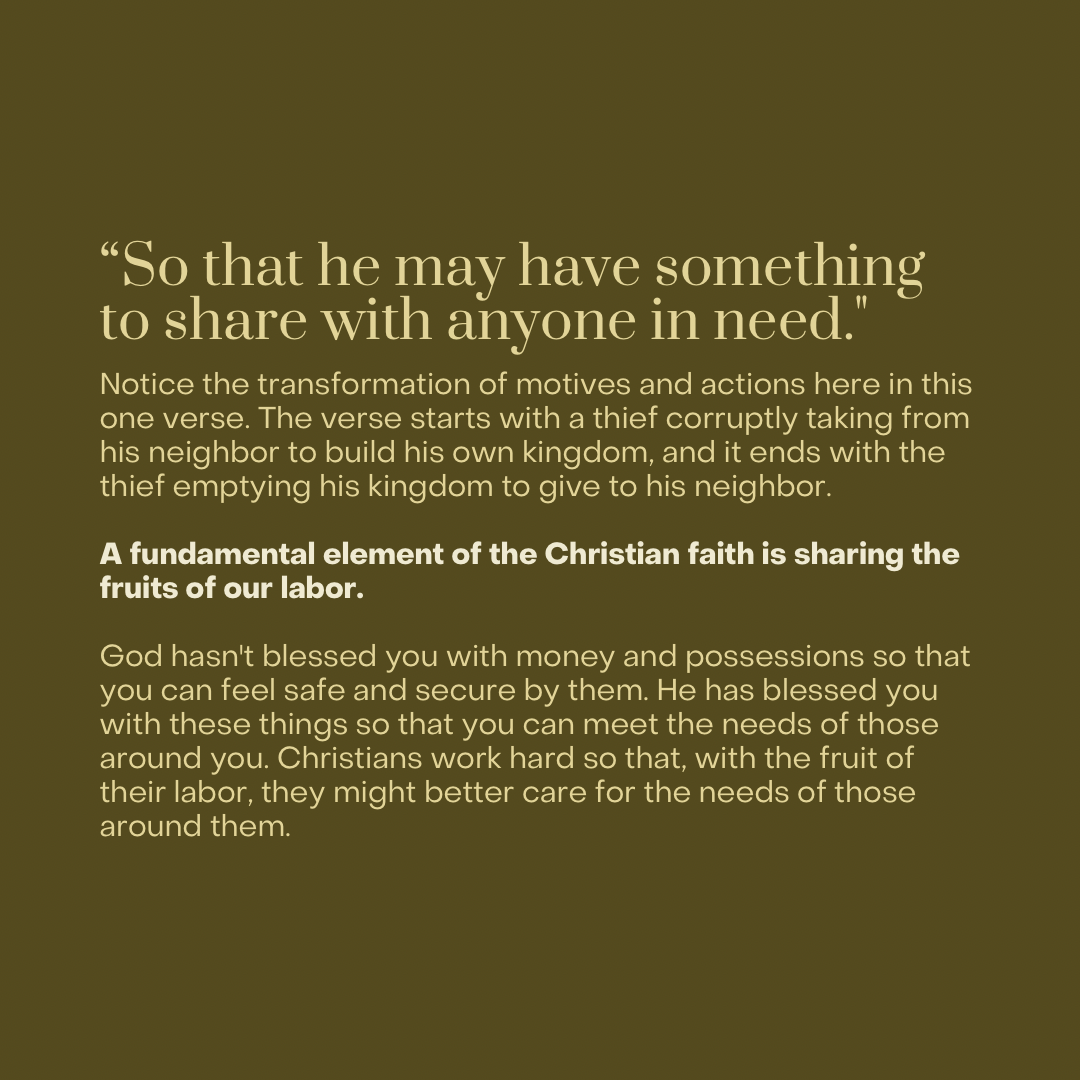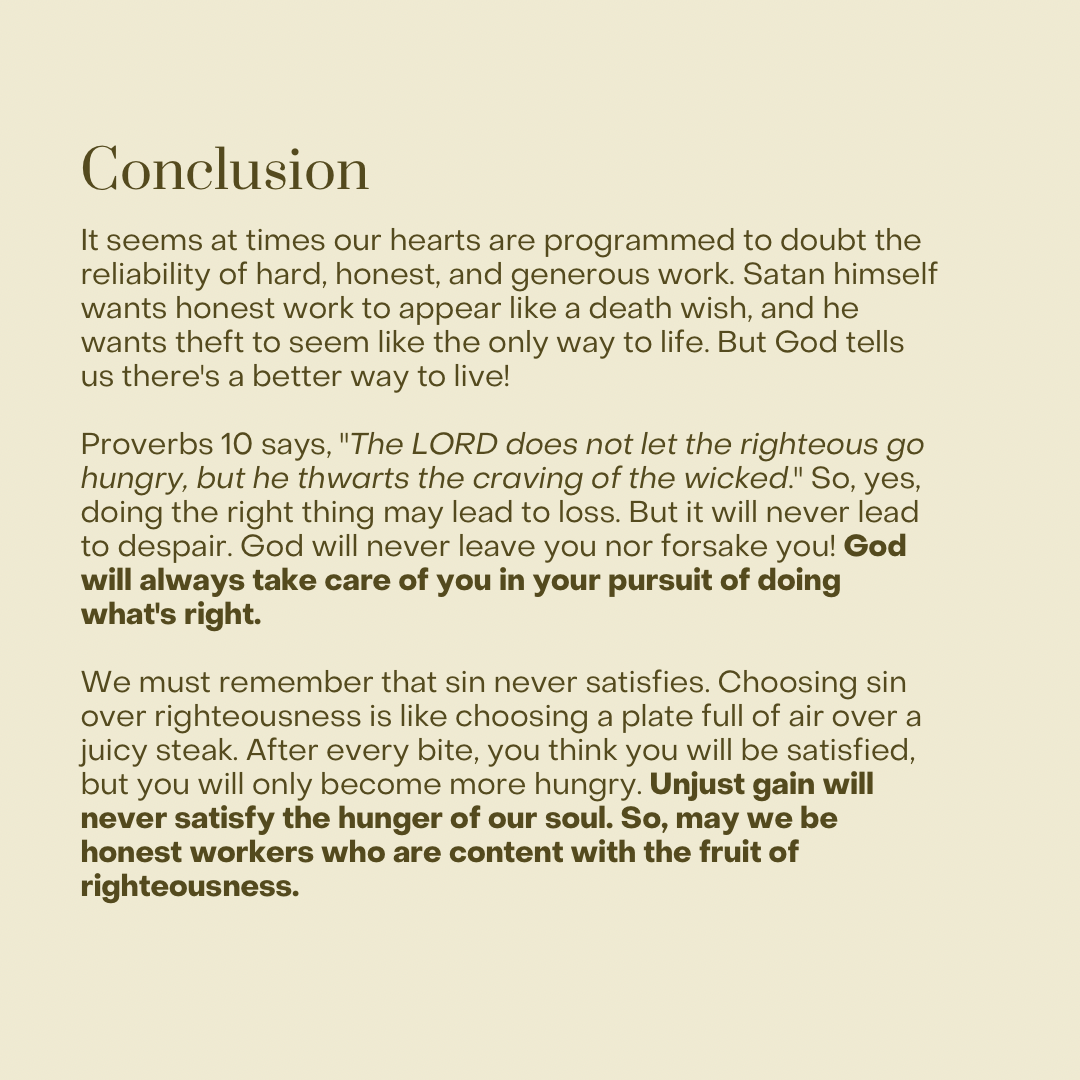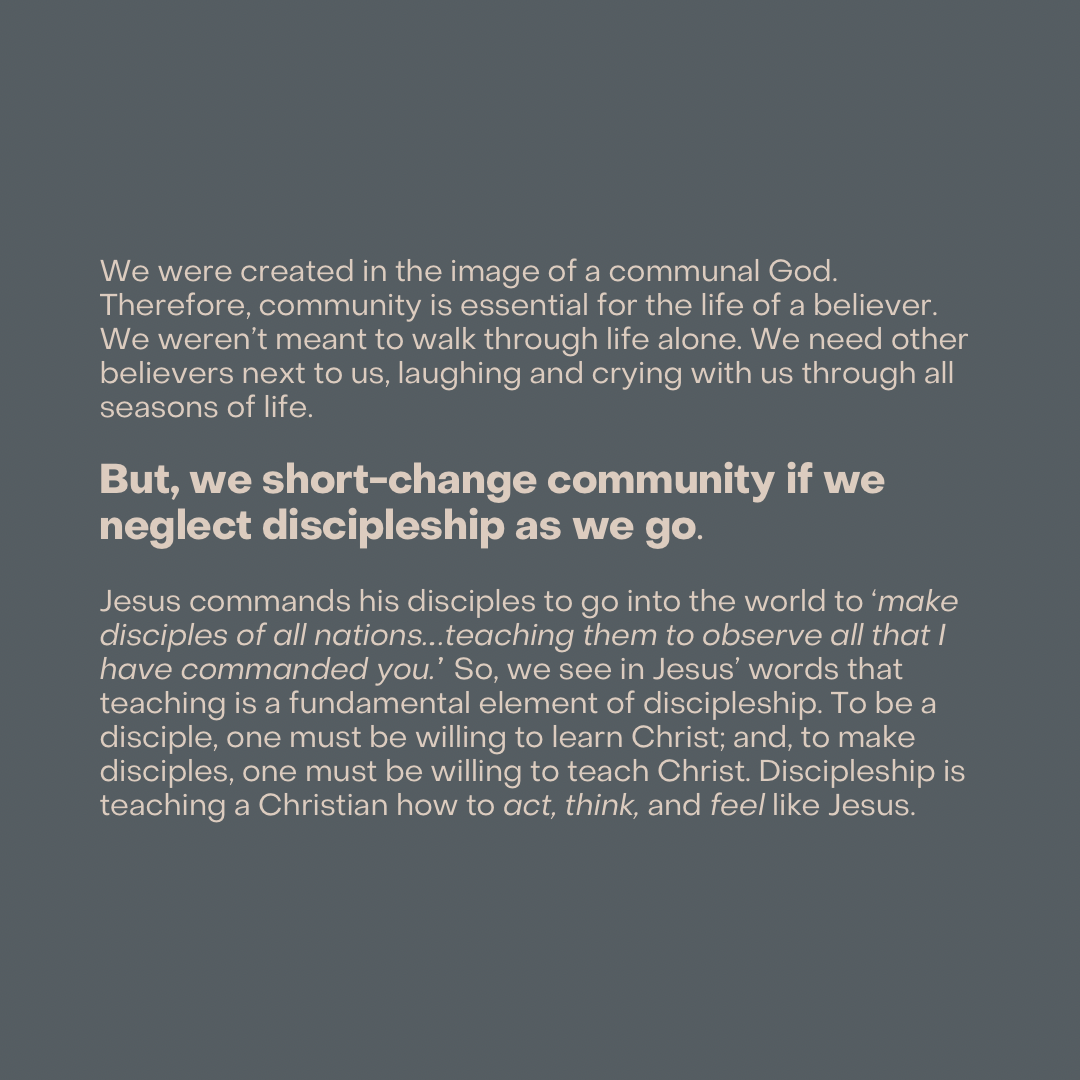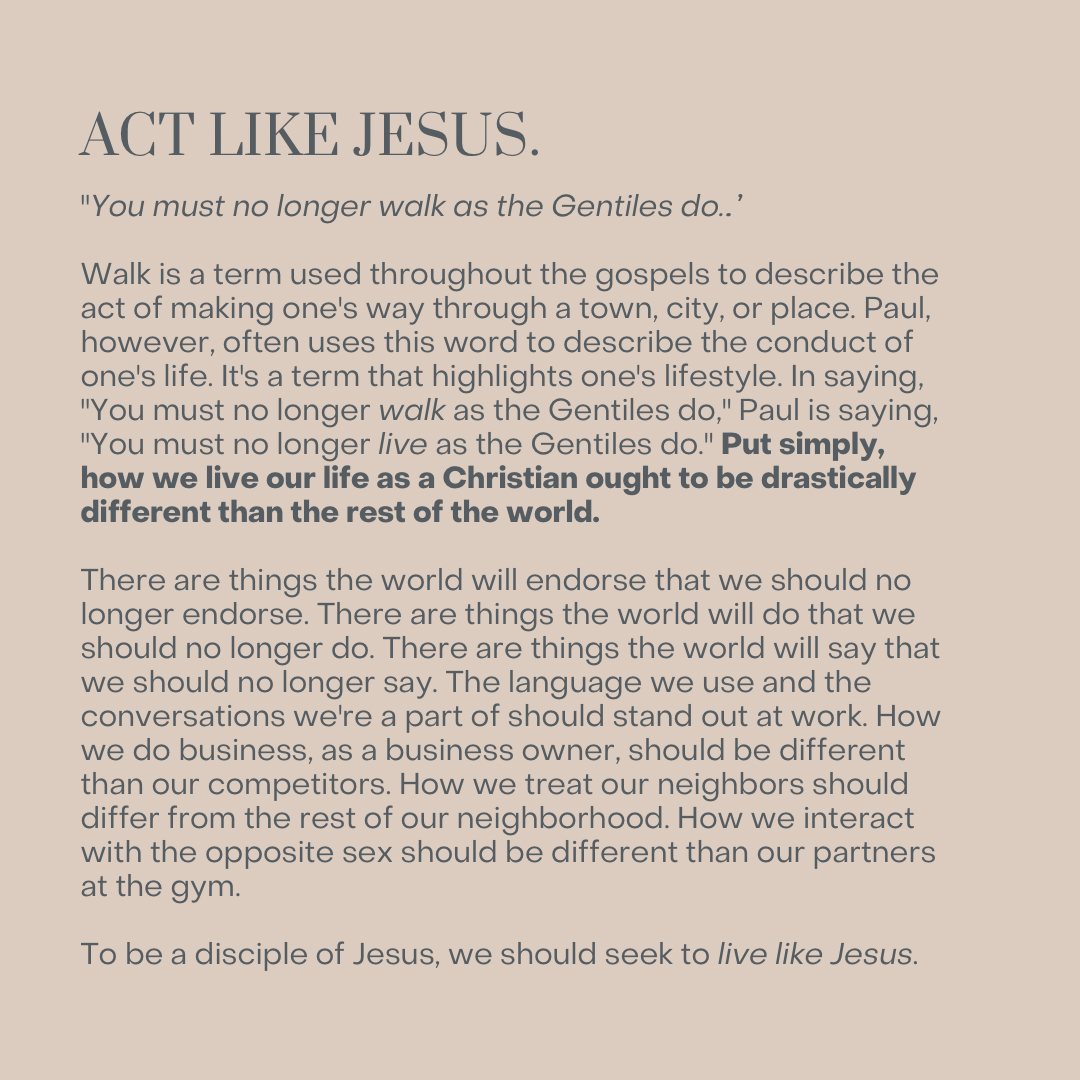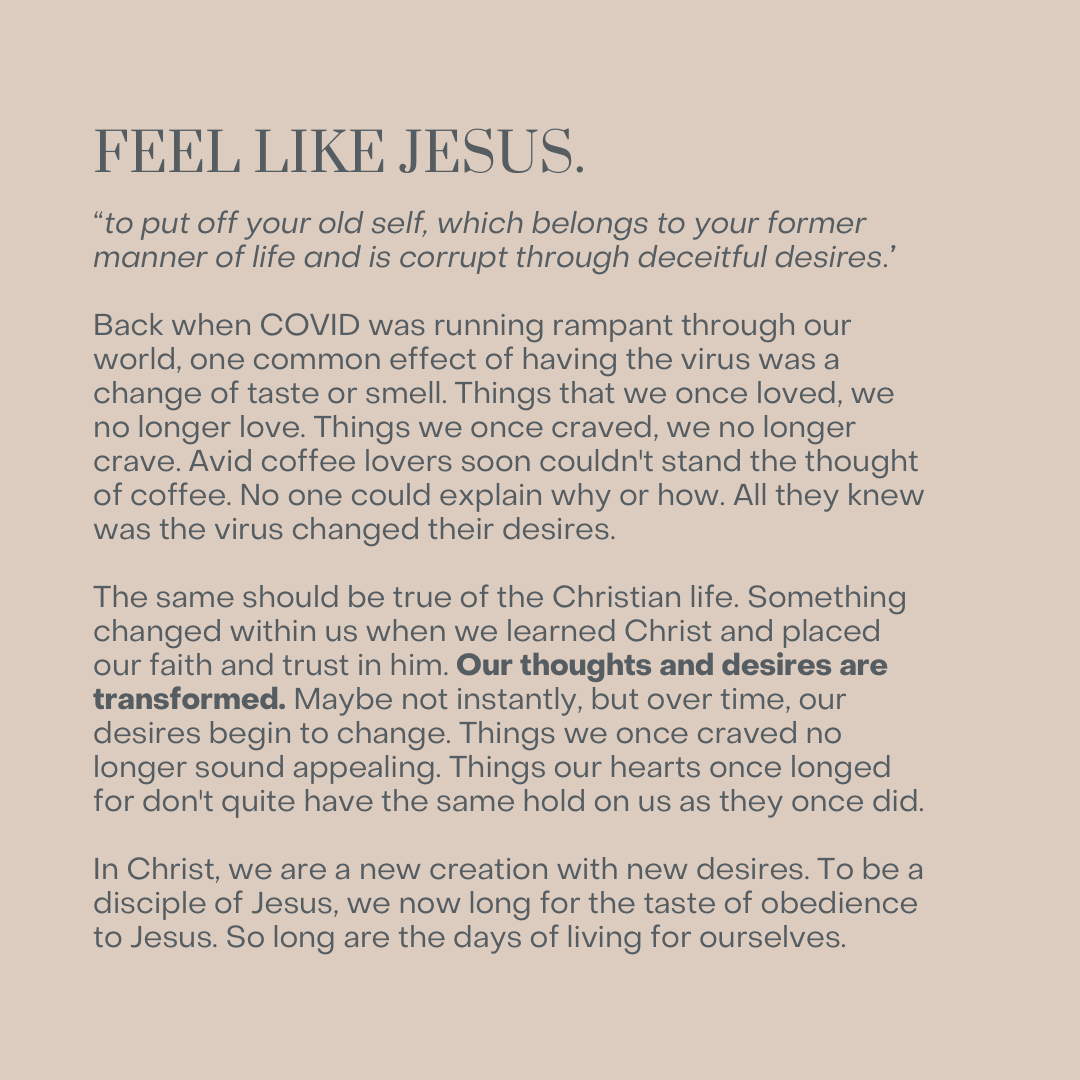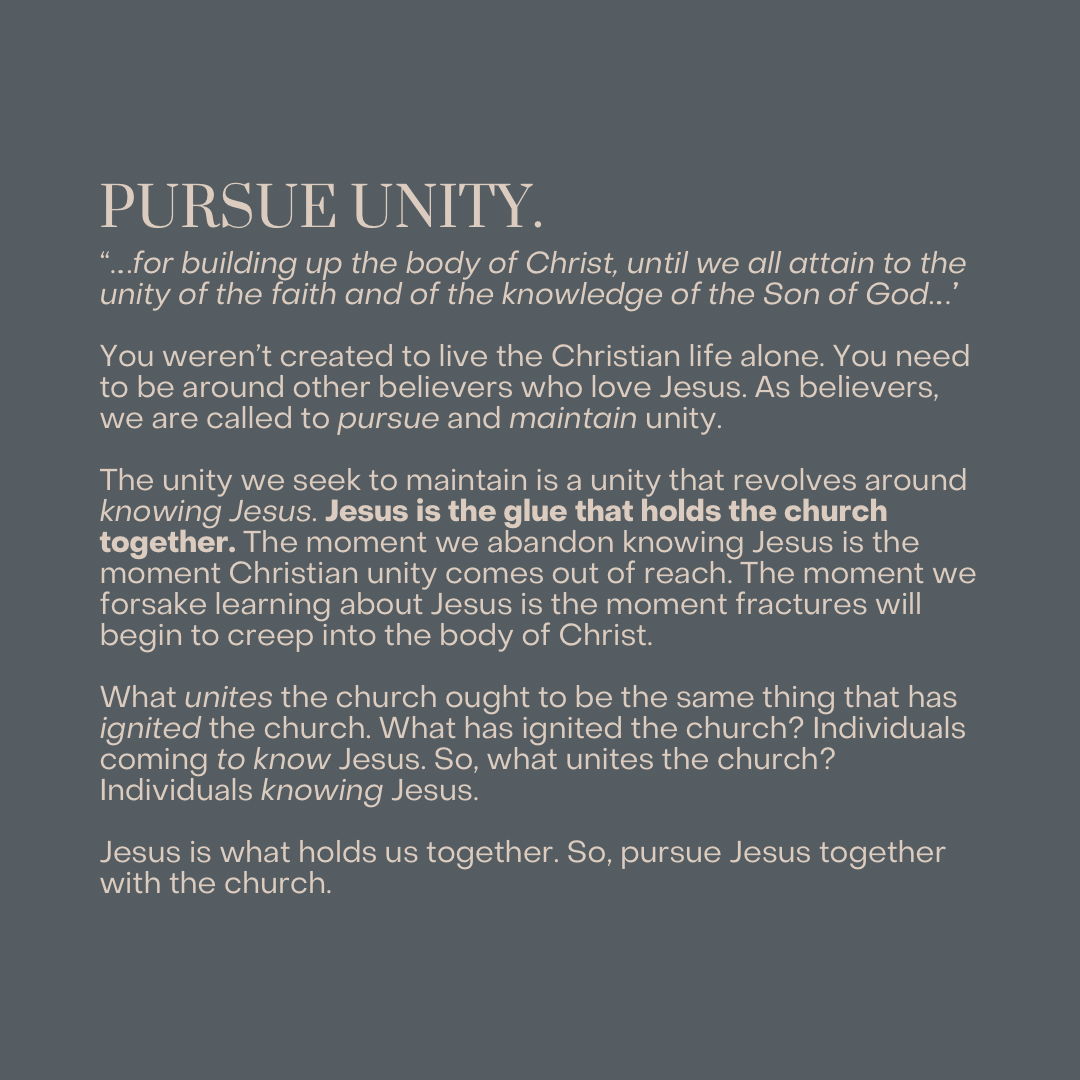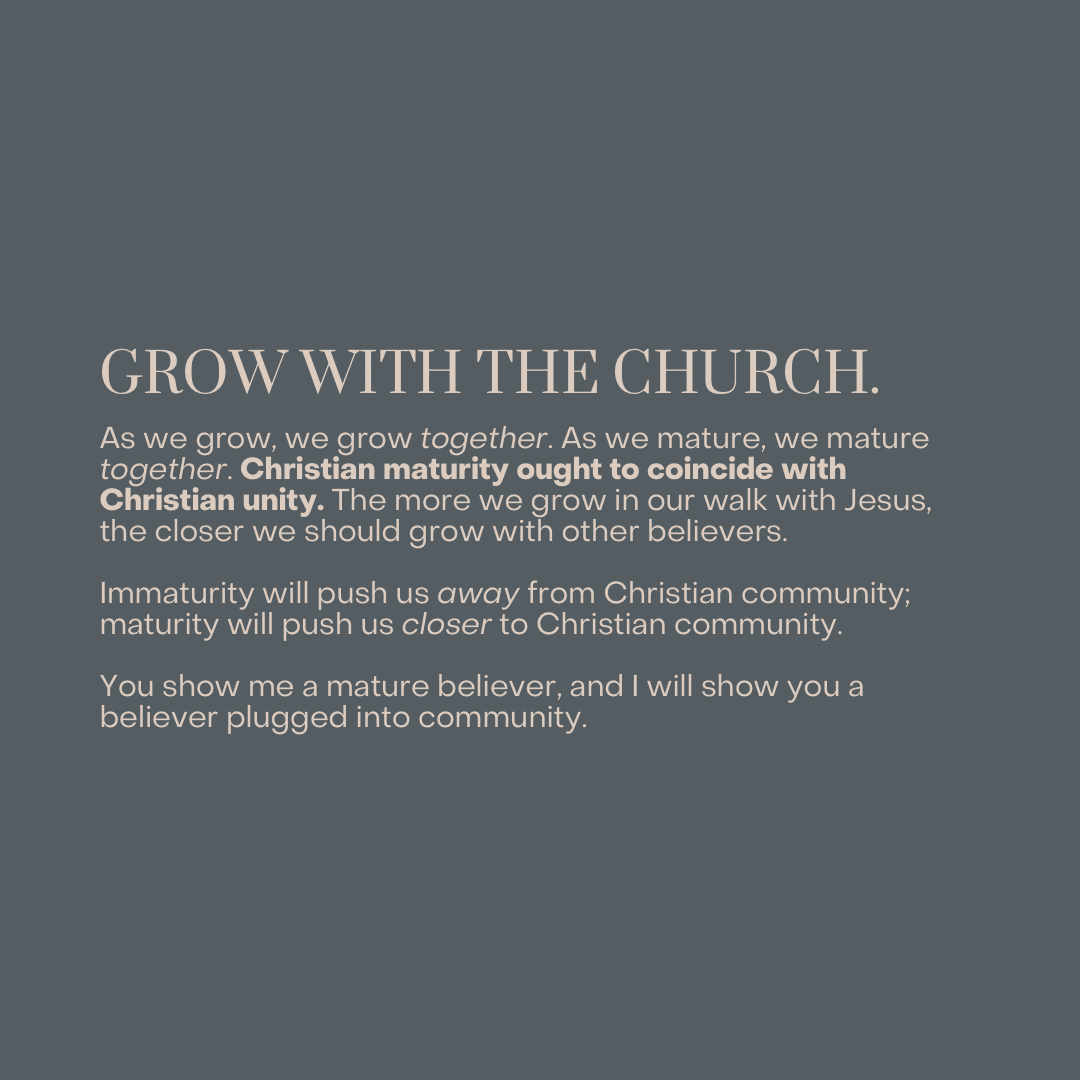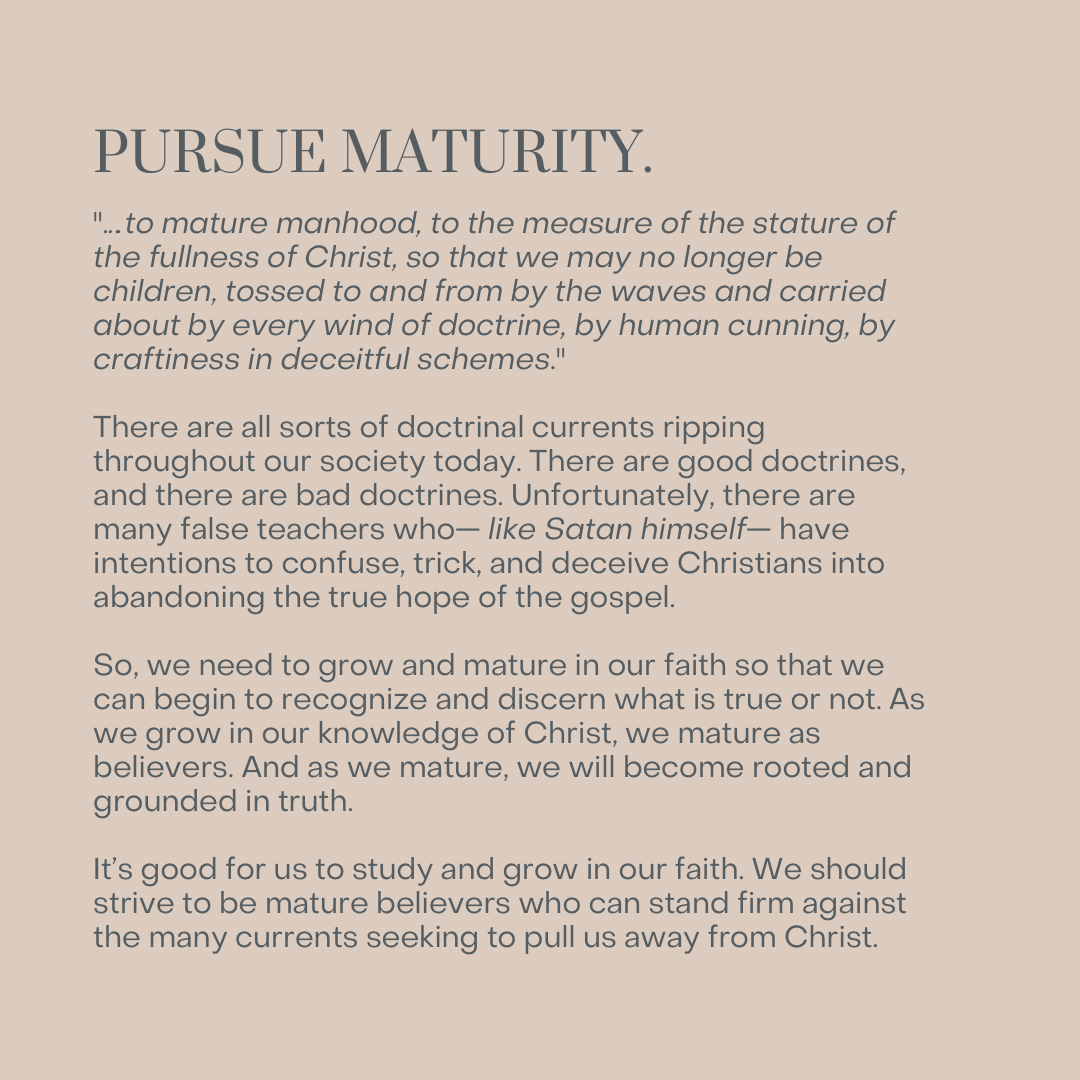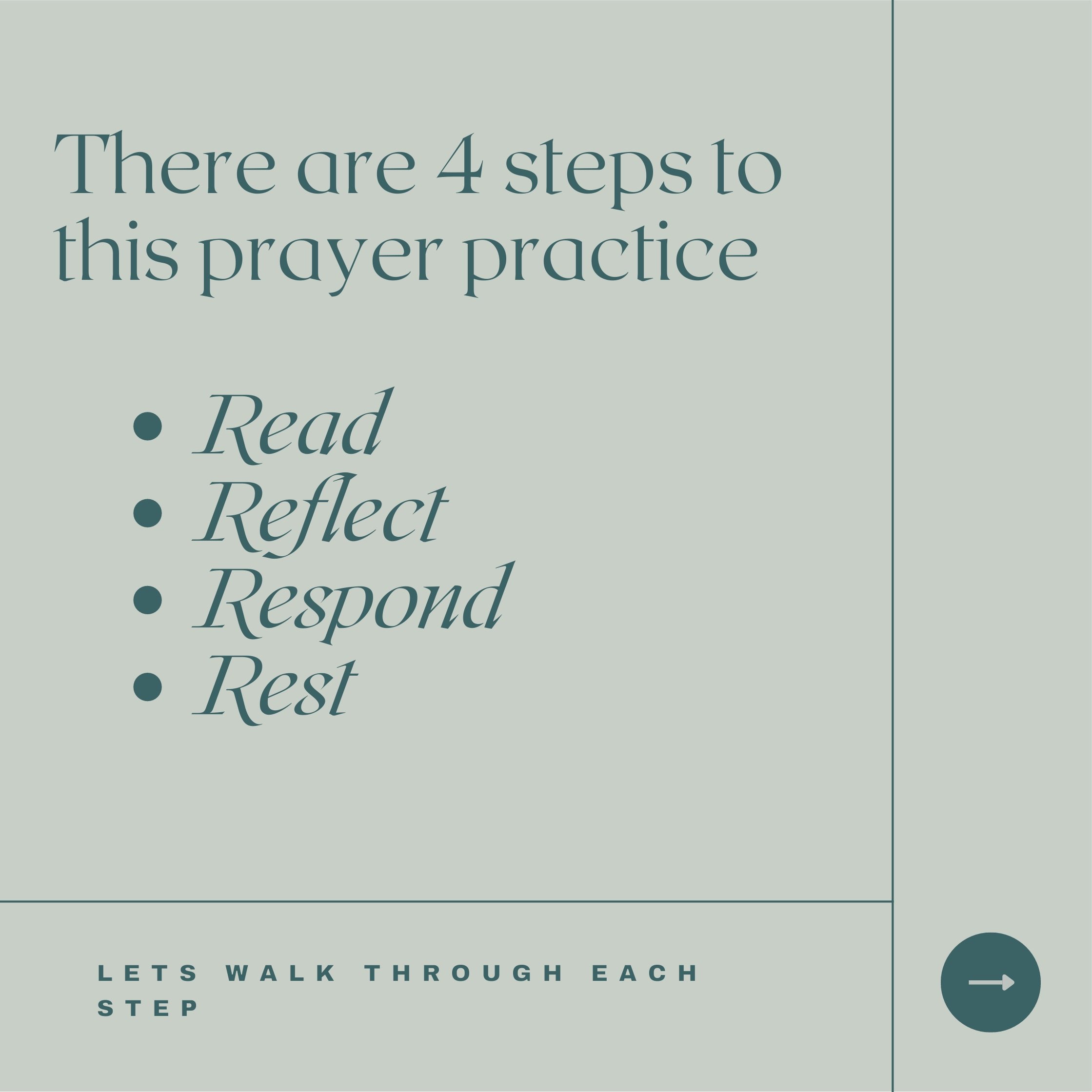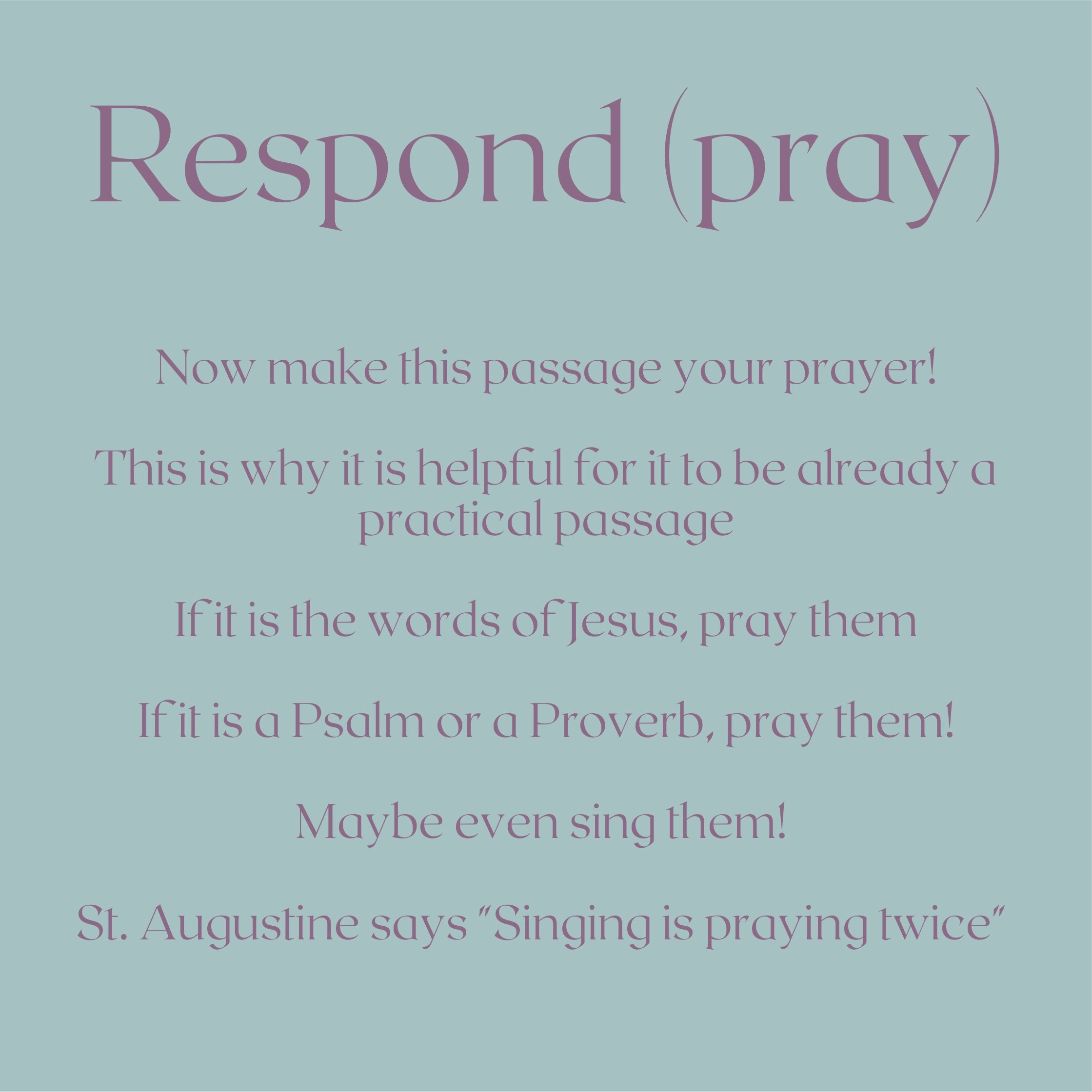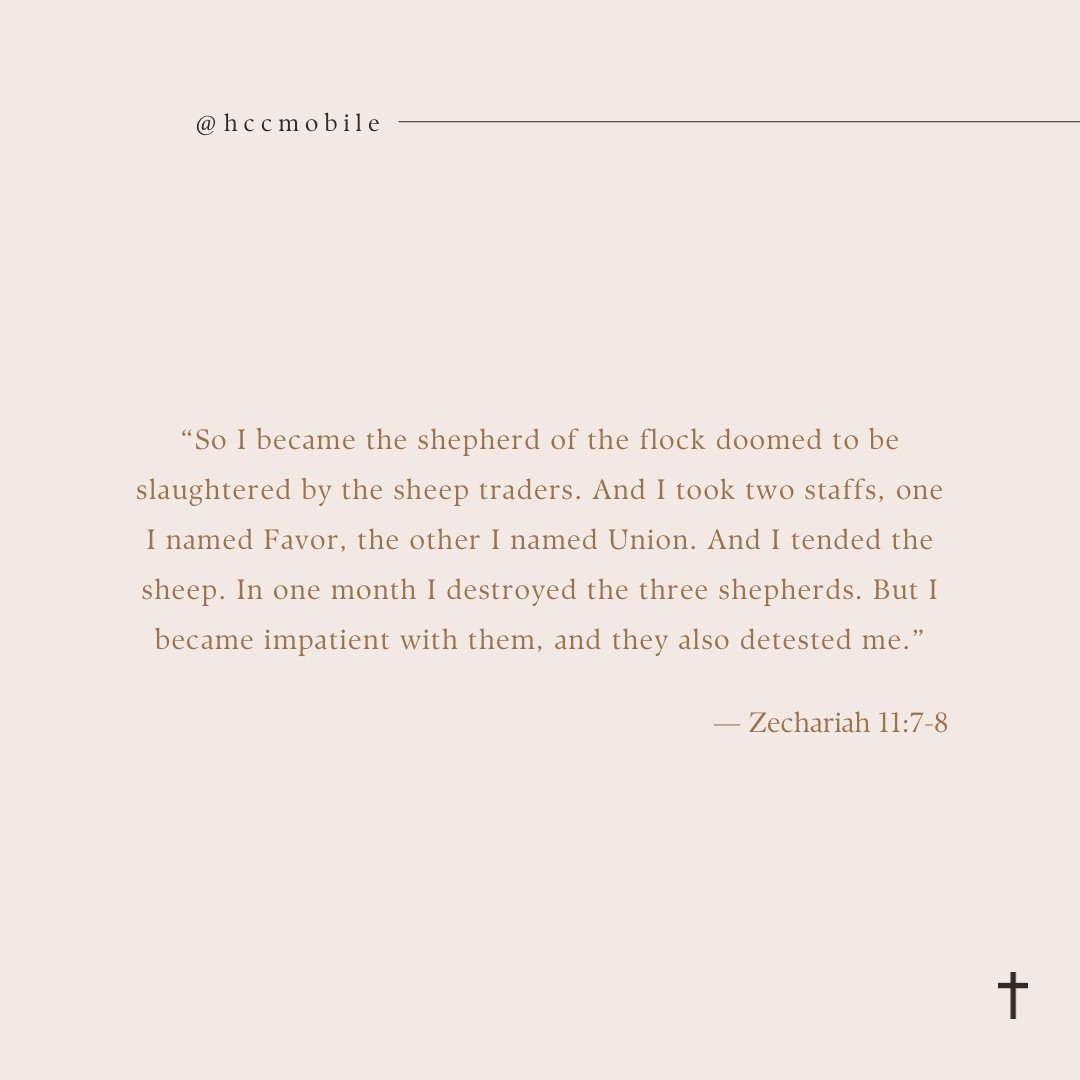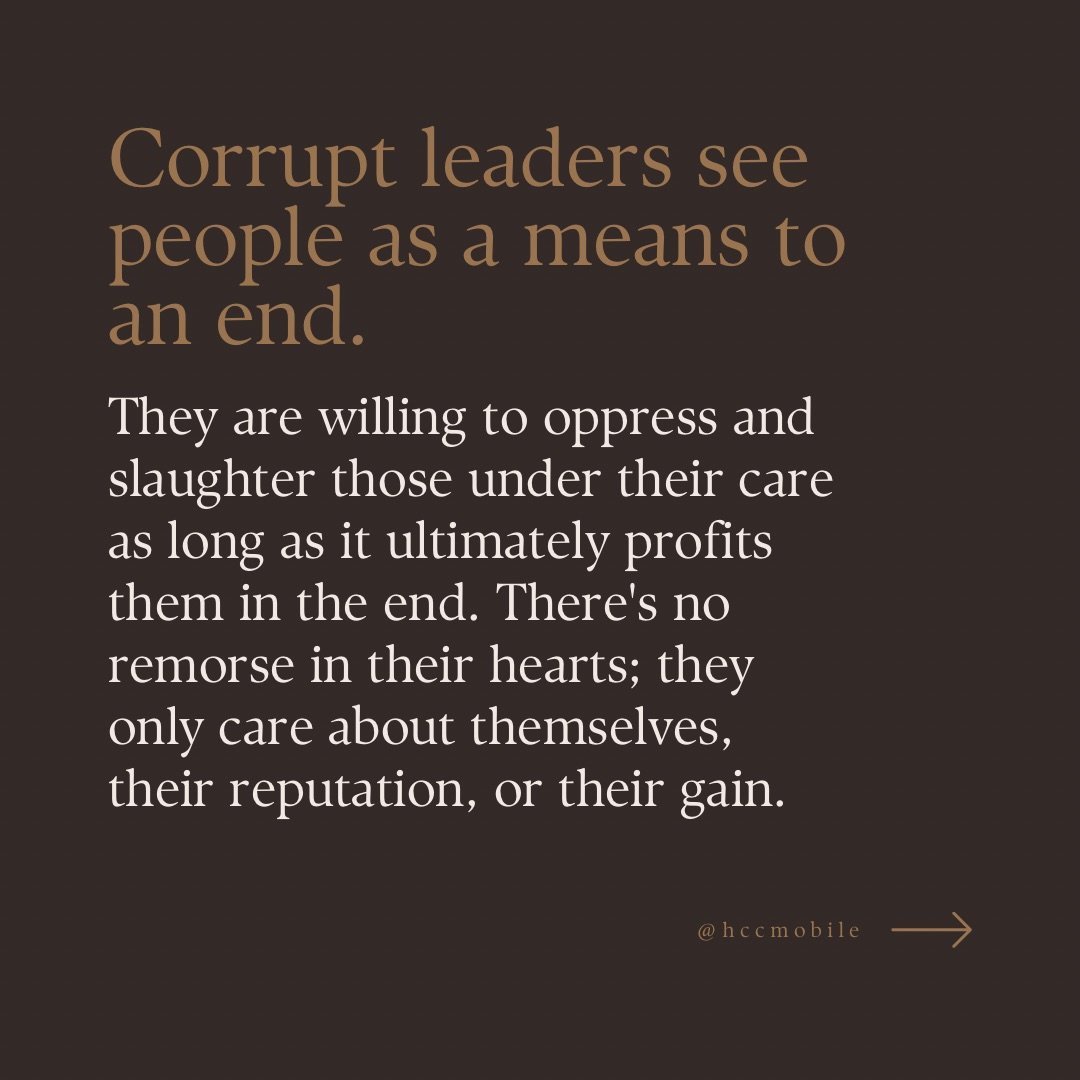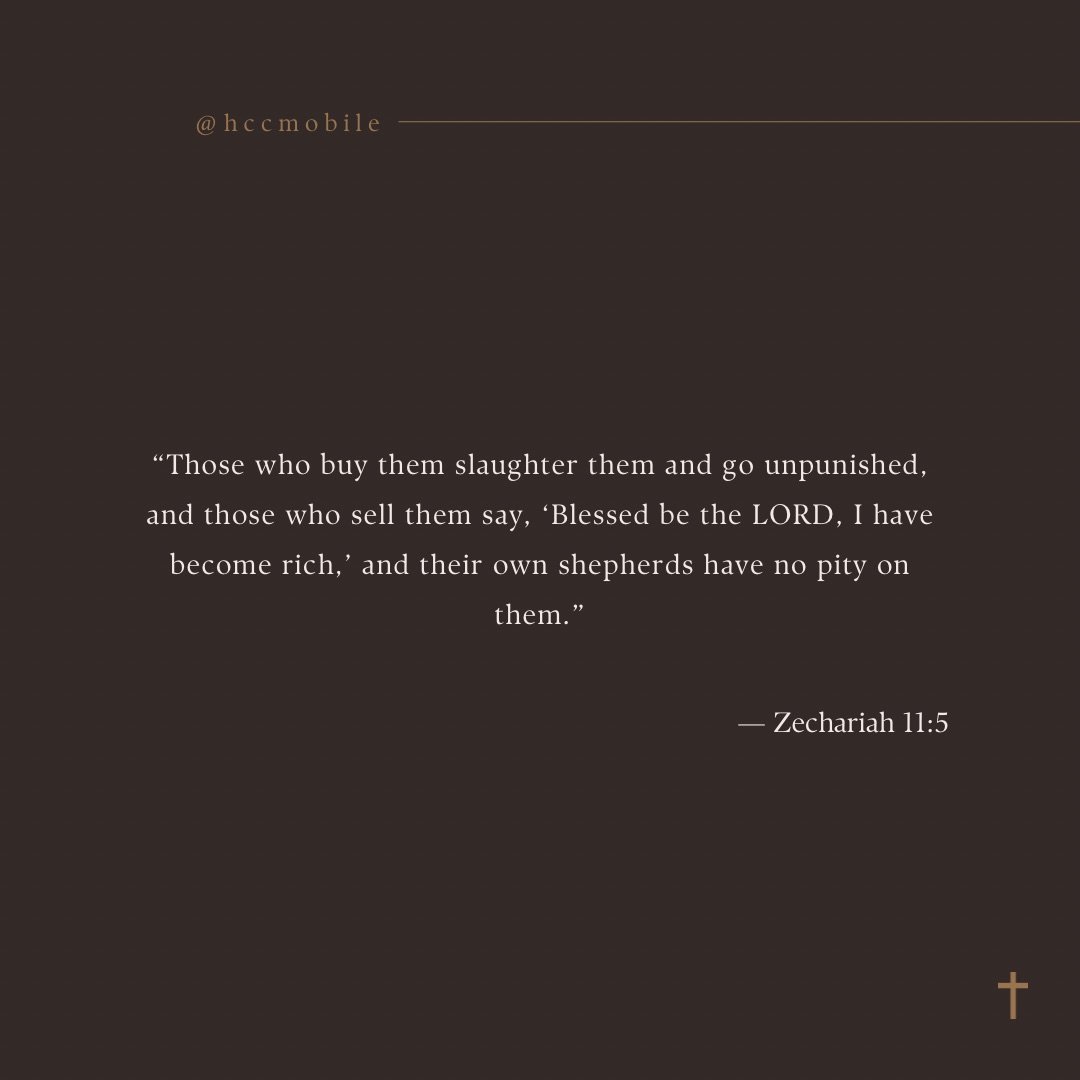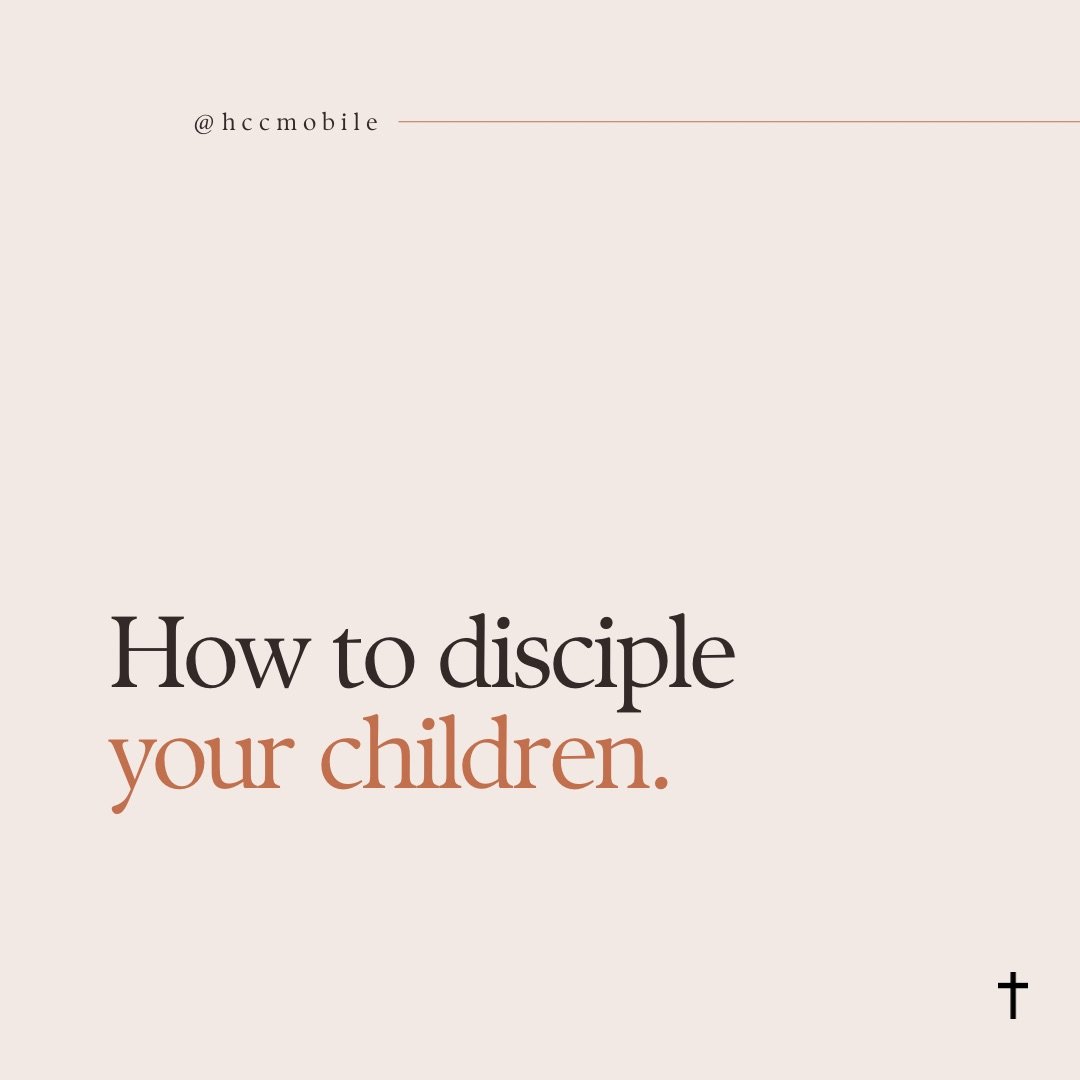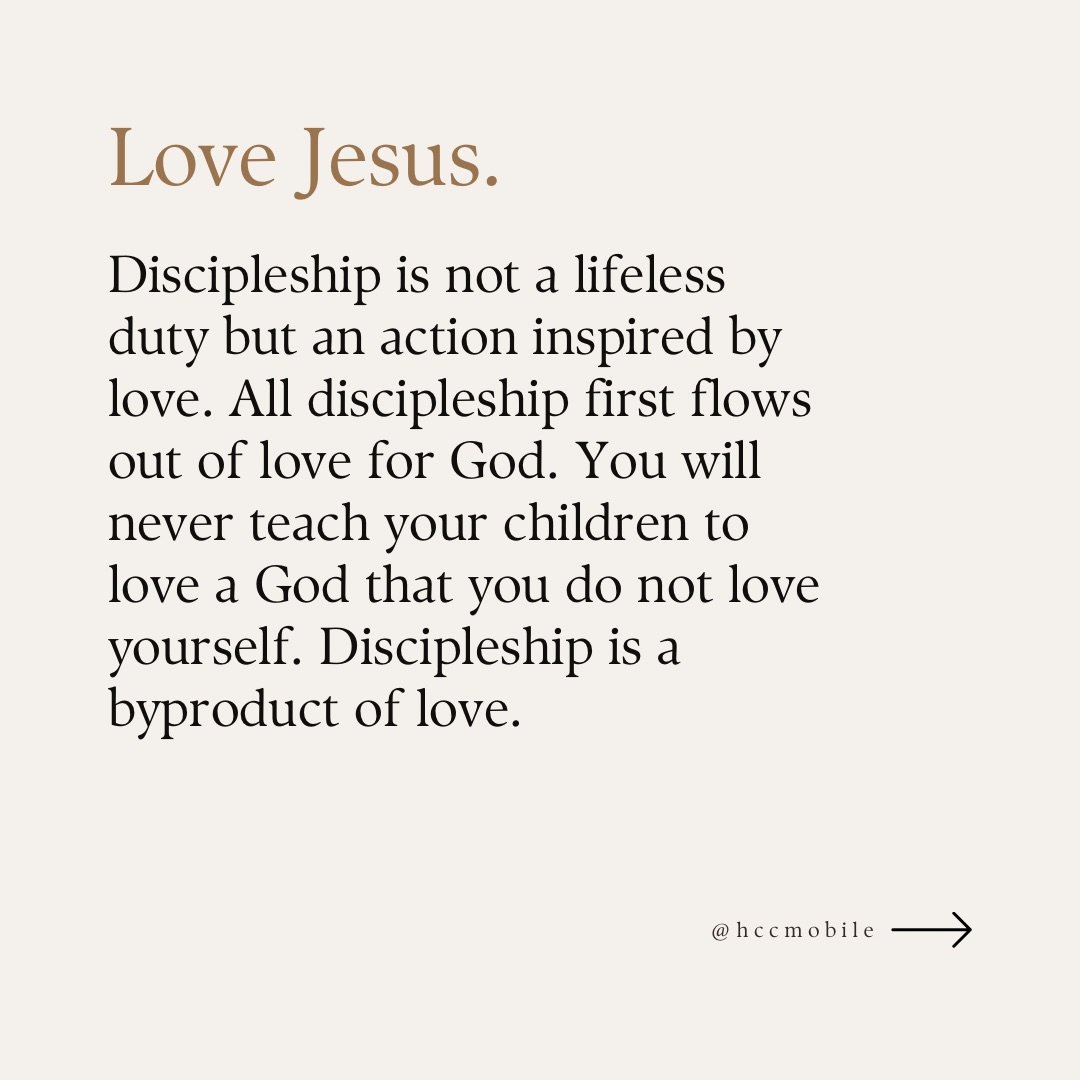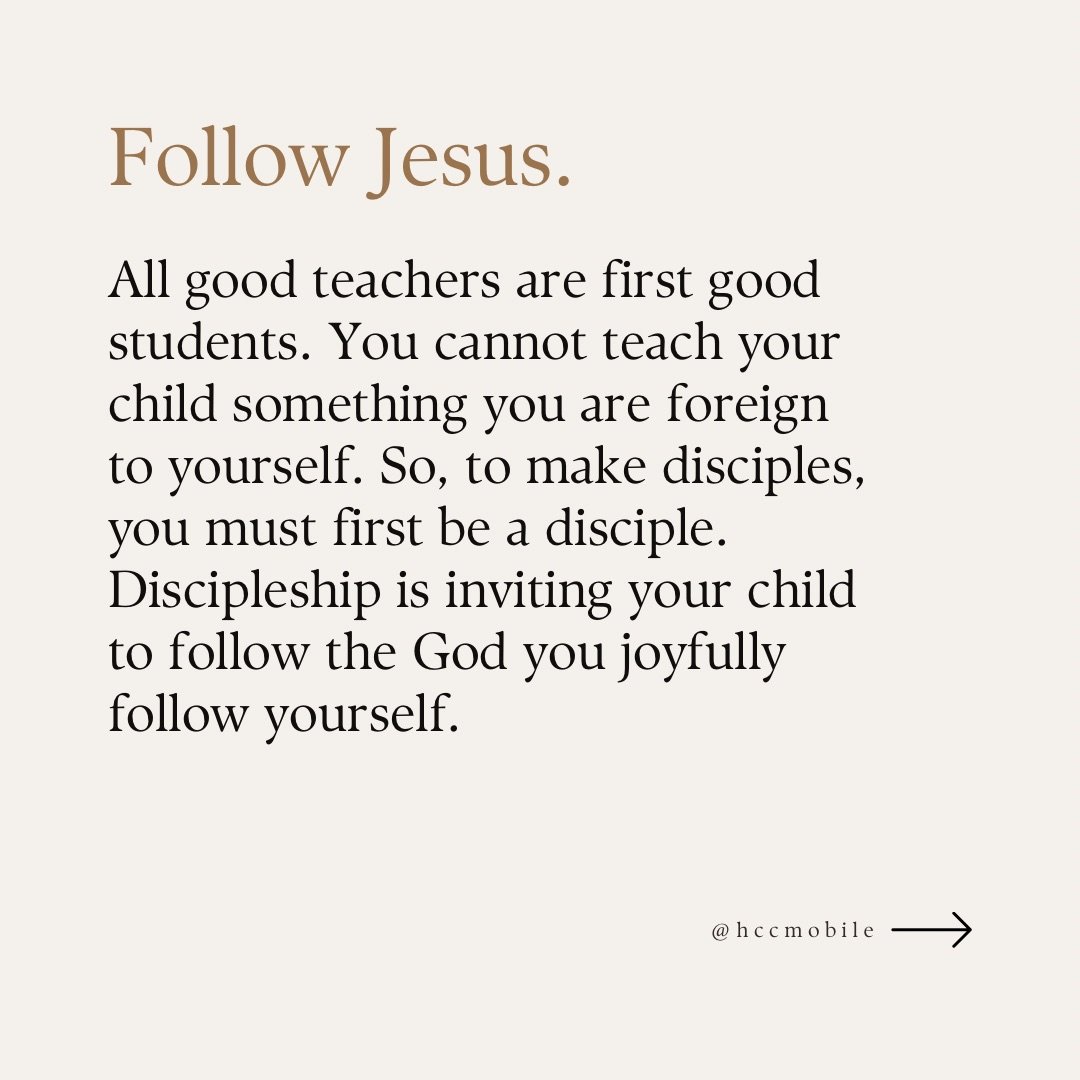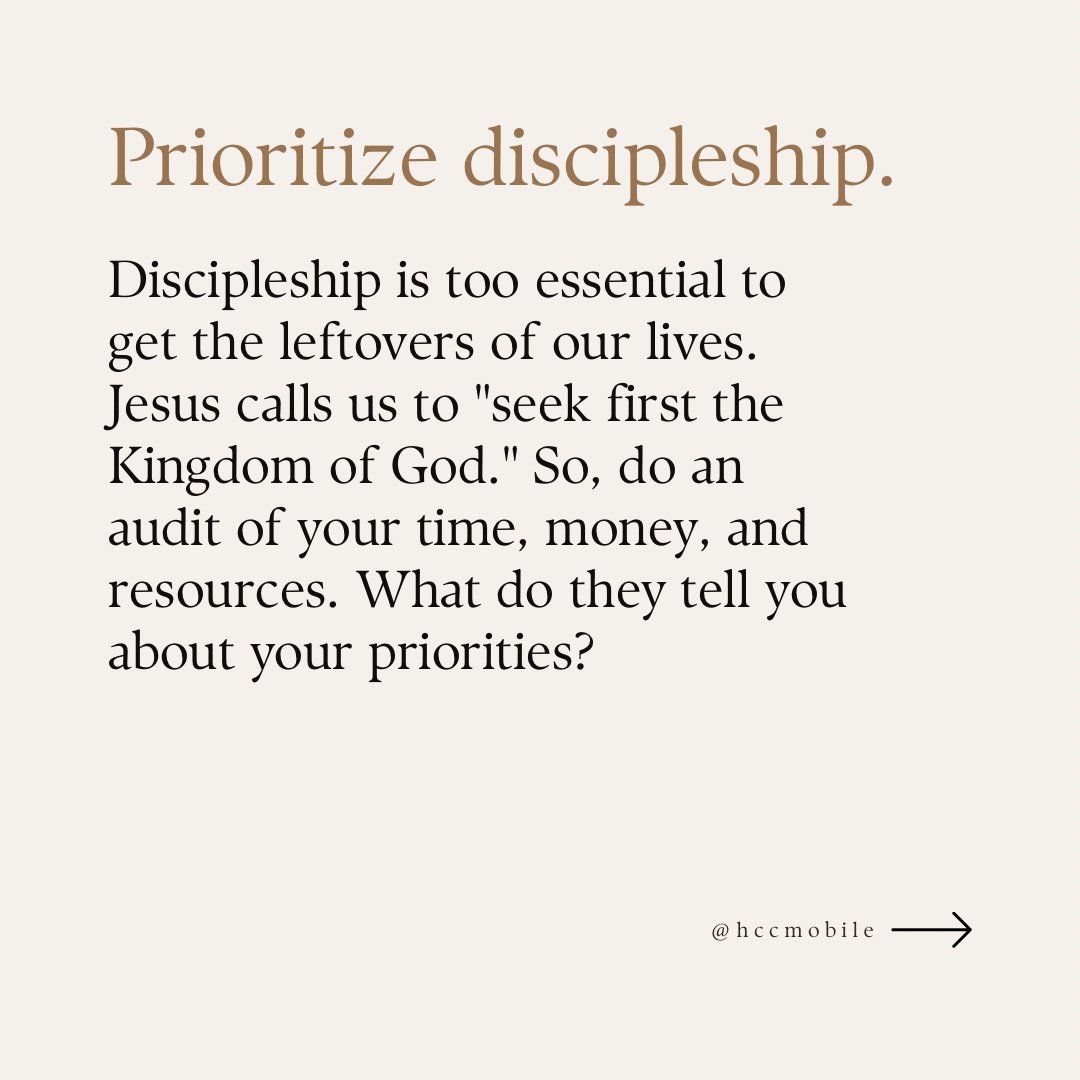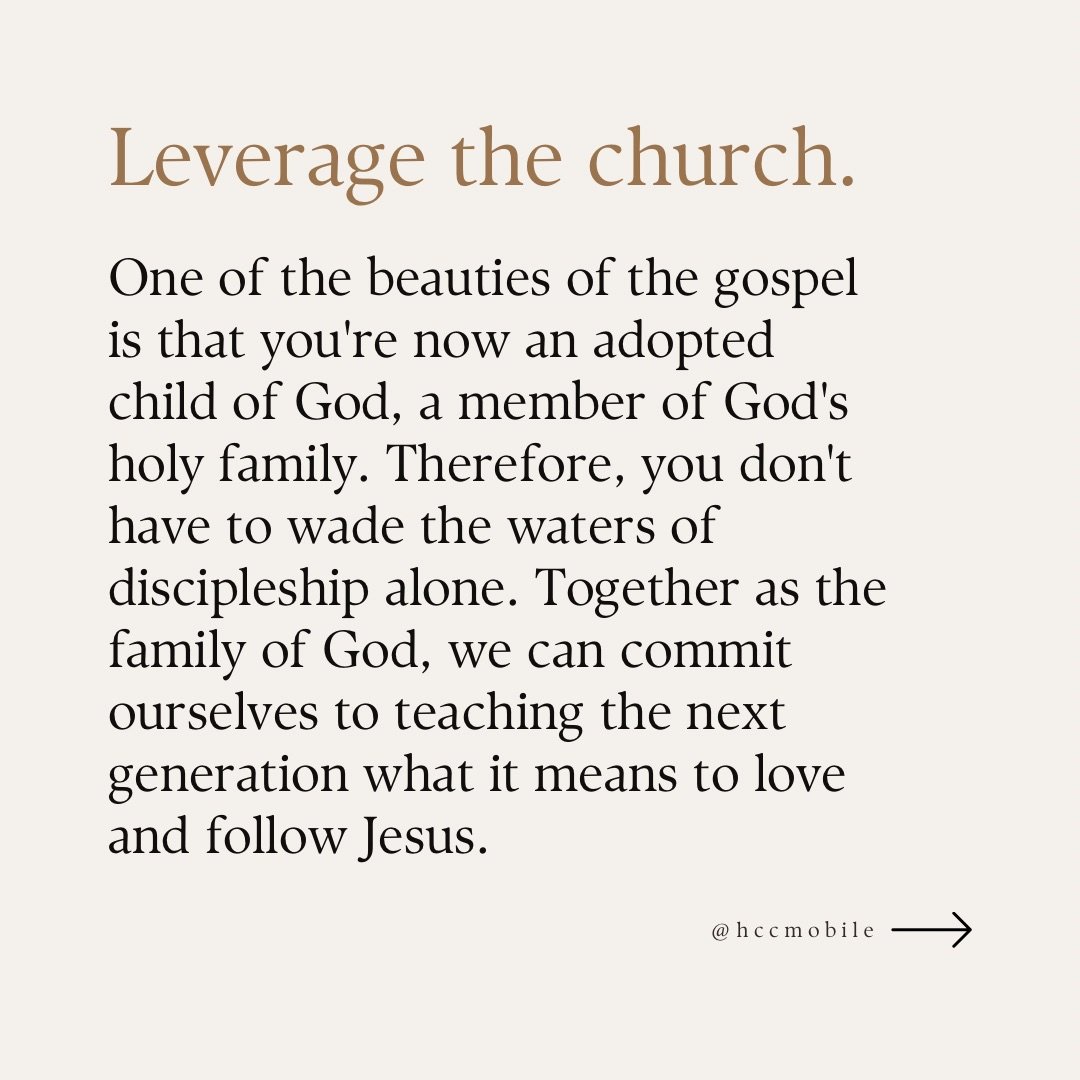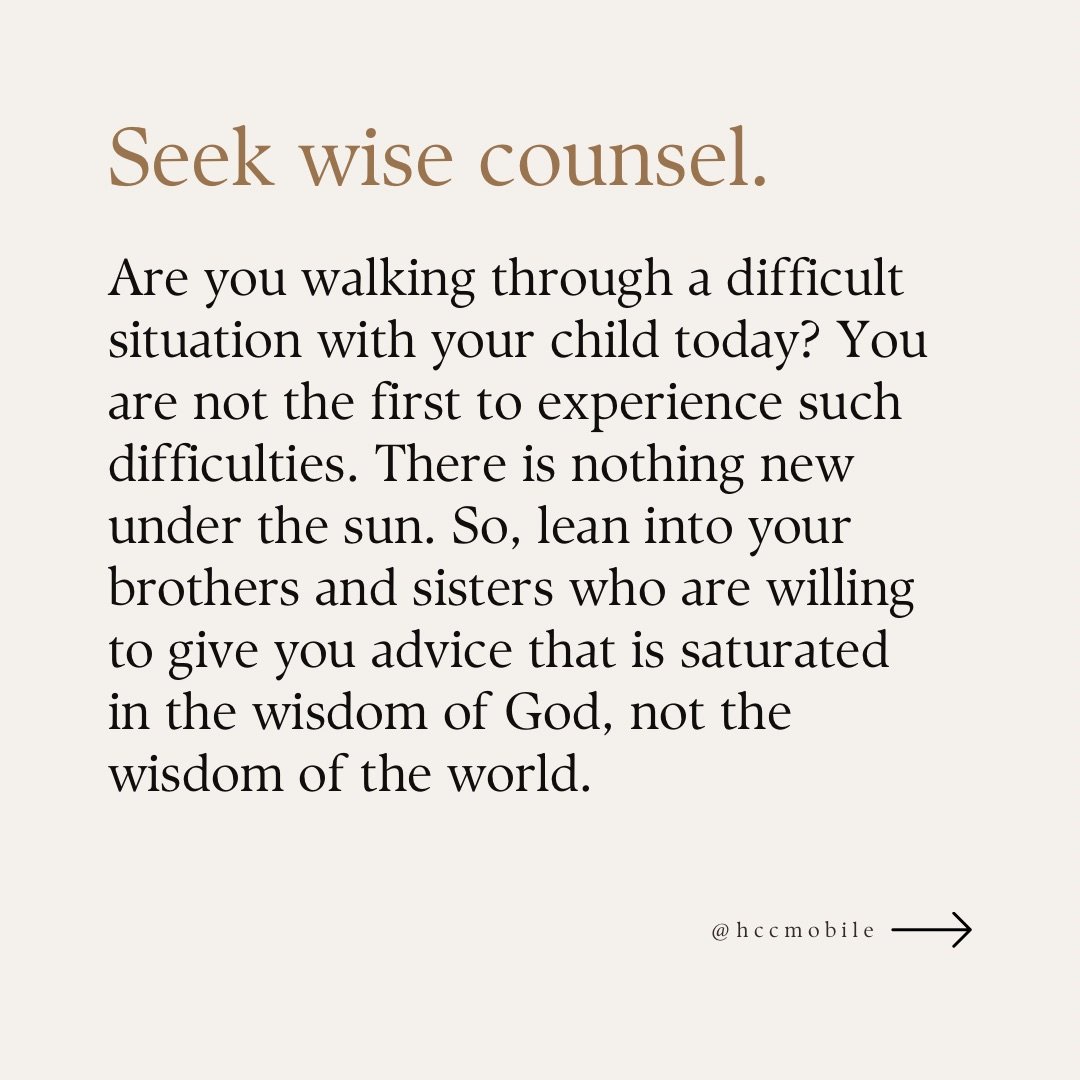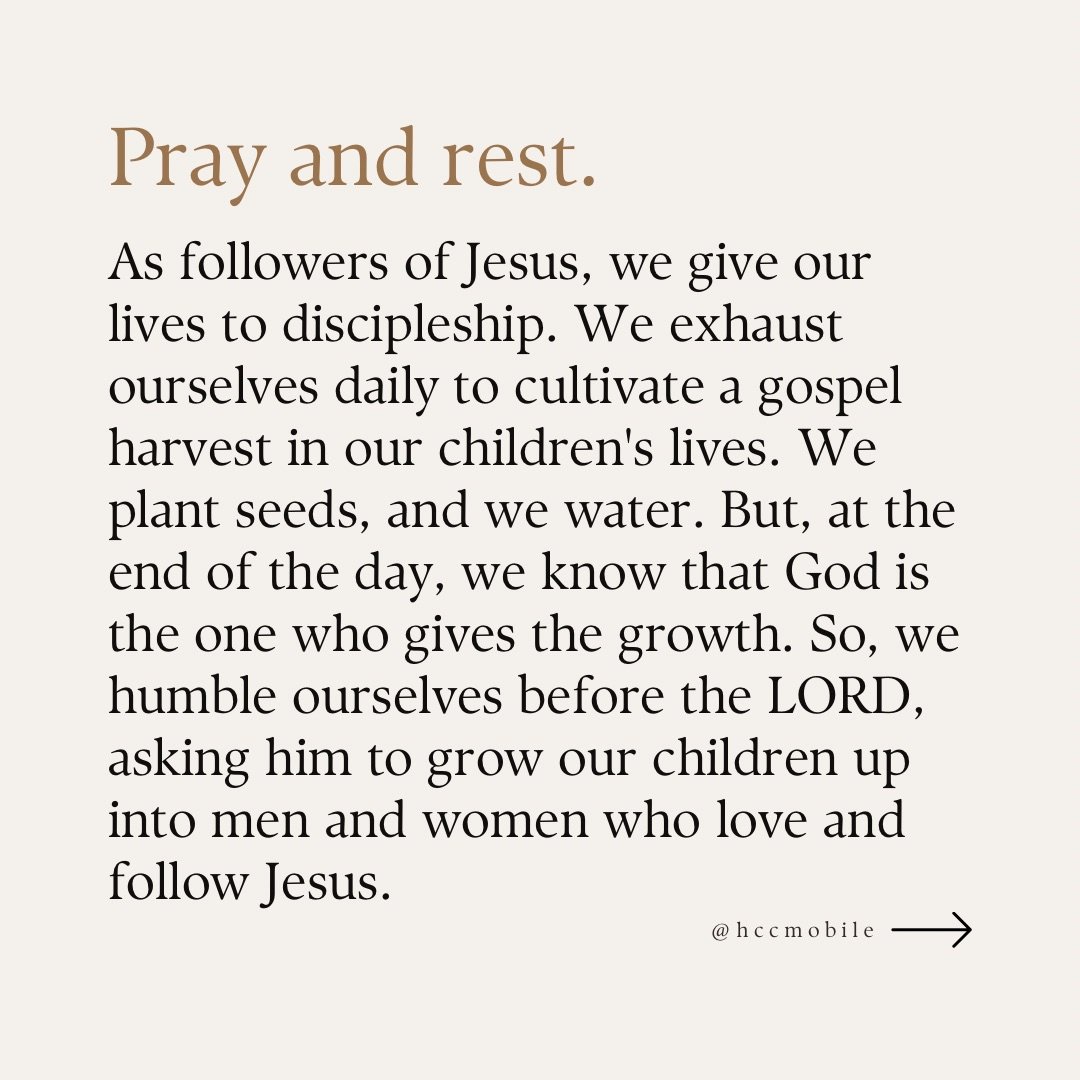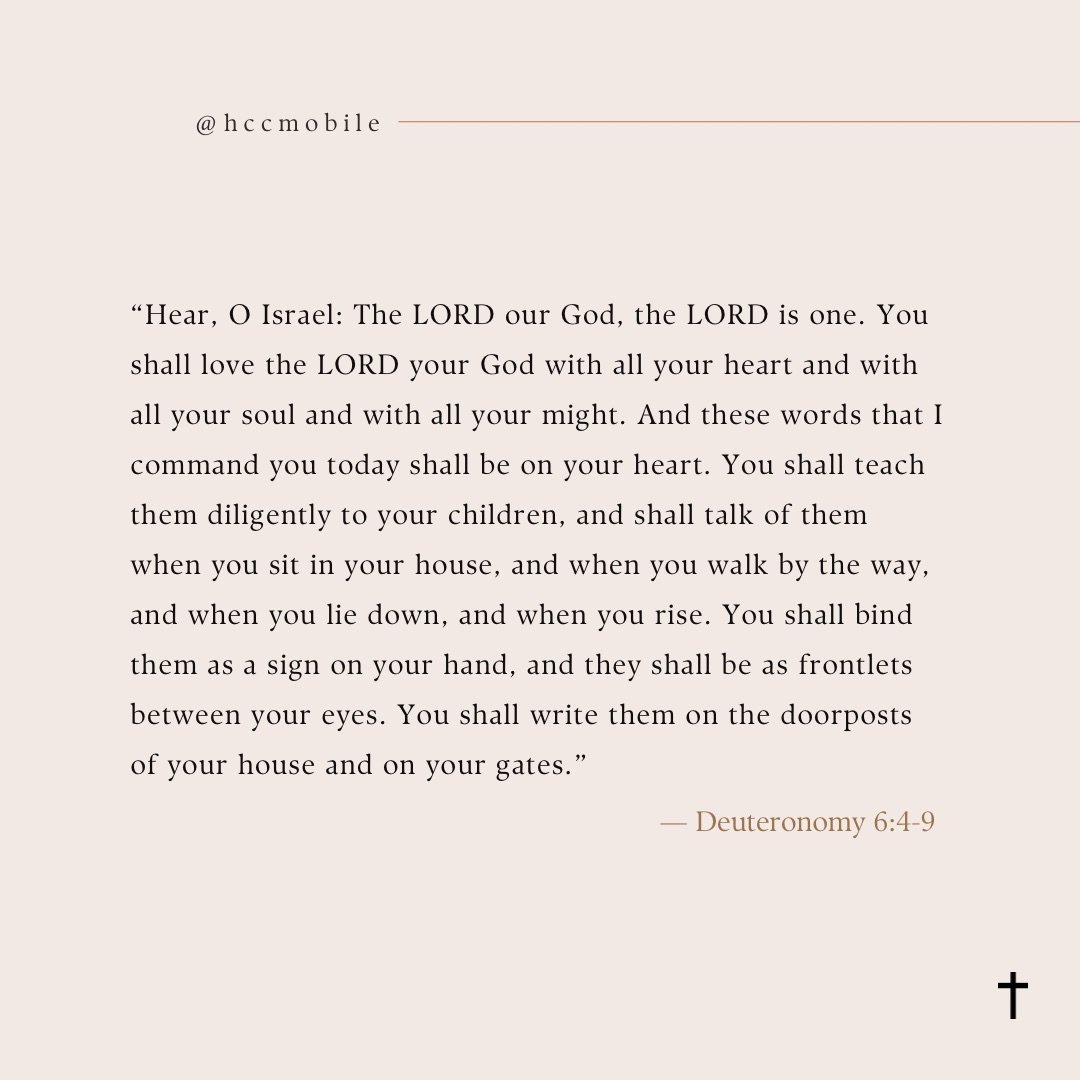"Therefore be imitators of God, as beloved children. And walk in love, as Christ loved us and gave himself up for us, a fragrant offering and sacrifice to God."
TO IMITATE GOD, WE MUST WALK CLOSE TO GOD.
The word for imitator (mimētēs) means to follow. It's the act of copying the behavior of another. This teaches us that a central element of the Christian faith is copying God, doing as He does.
But, to imitate God, we must be close to God. You cannot imitate God from afar. Our mannerisms will only begin to resemble those we're closest to. So, the longer you walk with God, the more you should begin to live like God.
To walk like God, we must know how God walks. To serve like God, we need to know how God serves. To forgive as God forgives, we need to know how God forgives. To love as God loves, we need to know how God loves.
TO IMITATE GOD, WE MUST BE INTENTIONAL.
Godly imitation doesn't happen by chance. Jesus says, "If anyone were to come after me, he must deny himself, take up his cross daily, and follow me." You don't accidentally follow someone. You don't stumble into living a life of godliness; it takes calculated intentionality. It takes devout study. It takes you fixing your eyes on God and studying His Word closely.
Psalm 119 says, "How can a young man keep his way pure? By guarding it according to your word." So, if you desire to honor the Lord with your life, you must guard your life with God's word.
God has given us everything we need pertaining to life and godliness. So, immerse yourself in the Bible. Meditate on the Scriptures. Write them on your heart. Get to know God deeply and personally by studying the Bible daily. Bible study isn't a moral obligation that you have to do to receive salvation; it's an opportunity to get to know God on a deeper level.
OUT OF LOVE, WE IMITATE LOVE.
We are to "be imitators of God, as beloved children." The word "beloved" is the exact word used by the Father in reference to Jesus in Matthew 3— "This is my beloved Son, in whom I am well pleased." This phrase speaks of divine love, a favorite love, a love of priority and importance.
Interestingly, when you look at the gospels (Matthew, Mark, Luke, & John), this term is used only in reference to Christ. But, for the rest of the New Testament, it’s a term used in reference to other Christians, those in Christ.
So, in the same way that the Father looked at His Divine Son (Jesus), he now looks at you and me. God is a good Father who loves his children deeply. If you are in Christ, God looks at you with total, divine pleasure. There is nothing you can do or say to make God love you any more than he already does. You are an adopted and beloved child of God, and nothing will ever change this.
This truth should fundamentally impact how we view and treat one another within the church. If you flip through the rest of the New Testament, you will discover Christians referring to other Christians as "beloved brothers." So, we are not tolerated neighbors; we are beloved siblings. How God loves us should shape how we love one another. There should be a deep love for our brothers and sisters within the family of God that is not found anywhere else.
WE IMITATE CHRIST’S SACRIFICIAL LOVE.
God is love; it's fundamental to who he is. But, we can't fully understand the depth of God's love until we first understand the cost of the cross. To understand God's love, we must understand his holiness and justice. God is so holy, righteous, and good that the Bible says he cannot sin. God is so just that he has to and will punish sin.
We've all sinned and fallen short of the glory of God. Therefore, we all deserve to pay the debt for our sins. We are all liable for God's punishment, deserving of his wrath.
But the beauty of the gospel is that Jesus willingly marched to the cross to take upon himself the punishment we rightfully deserve. Jesus' work on the cross is the ultimate display of sacrificial love because he willingly died in our place. 2 Corinthians 5:17 says, "For our sake he made him to be sin who knew no sin, so that in him we might become the righteousness of God." Jesus took upon himself the condemnation that we rightfully deserve so that we might be forgiven and free. Jesus redeemed us from the curse of the law by becoming a curse for us. He was pierced for our transgression, crushed for our sins. The punishment that brought us peace was placed upon him. By his wounds, we can be healed.
God is calling us to love one another with this same radical and sacrificial love. We are to love as Christ has loved us!
PRAY TODAY: Lord, help me not wander from you and your commandments!
“How can a young man keep his way pure?
By guarding it according to your word.
With my whole heart I seek you;
let me not wander from your commandments!
I have stored up your word in my heart,
that I might not sin against you.
Blessed are you, O LORD;
teach me your statutes!
With my lips I declare
all the rules of your mouth.
In the way of your testimonies I delight
as much as in all riches.
I will meditate on your precepts
and fix my eyes on your ways.
I will delight in your statutes;
I will not forget your word.”








